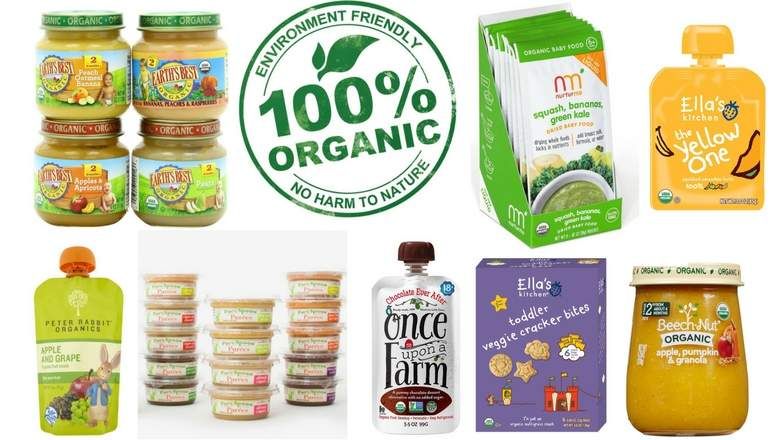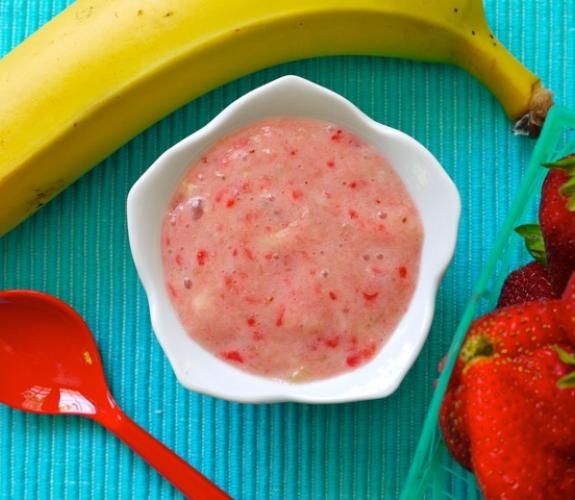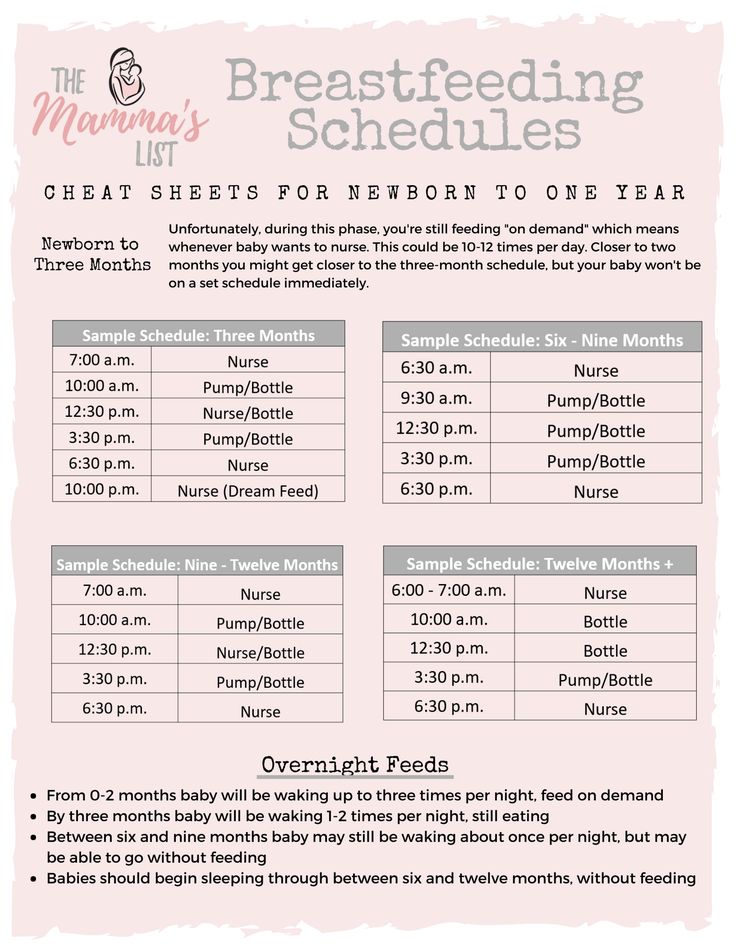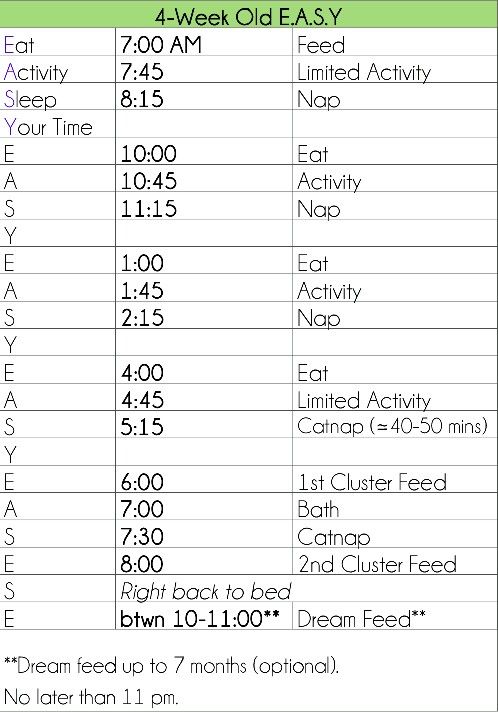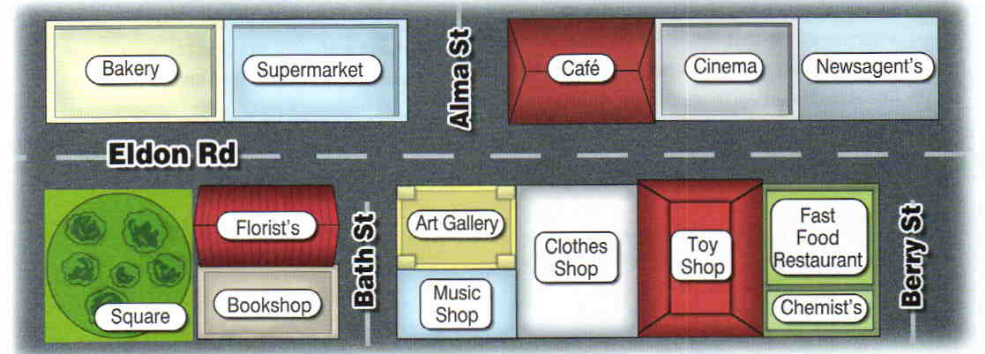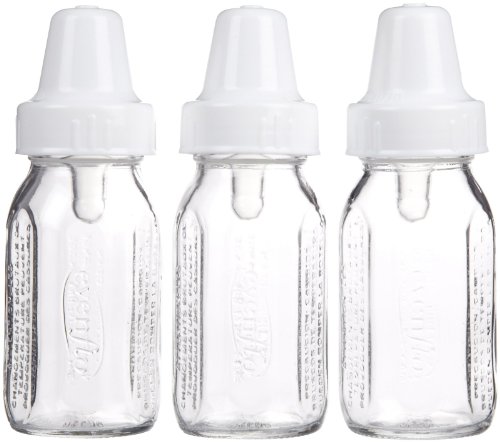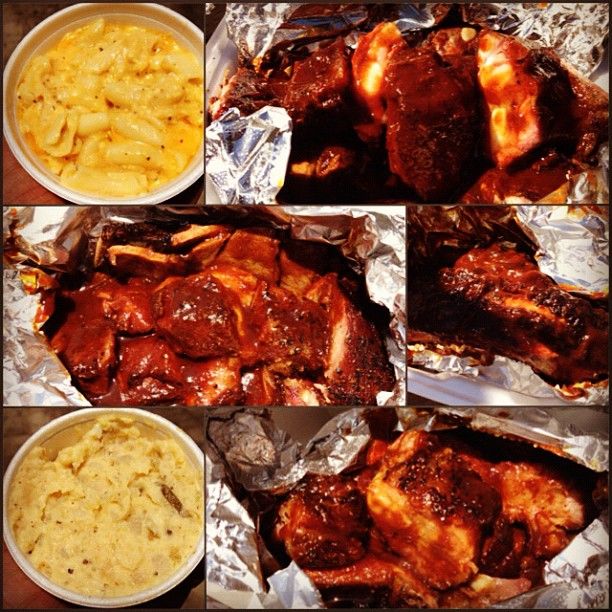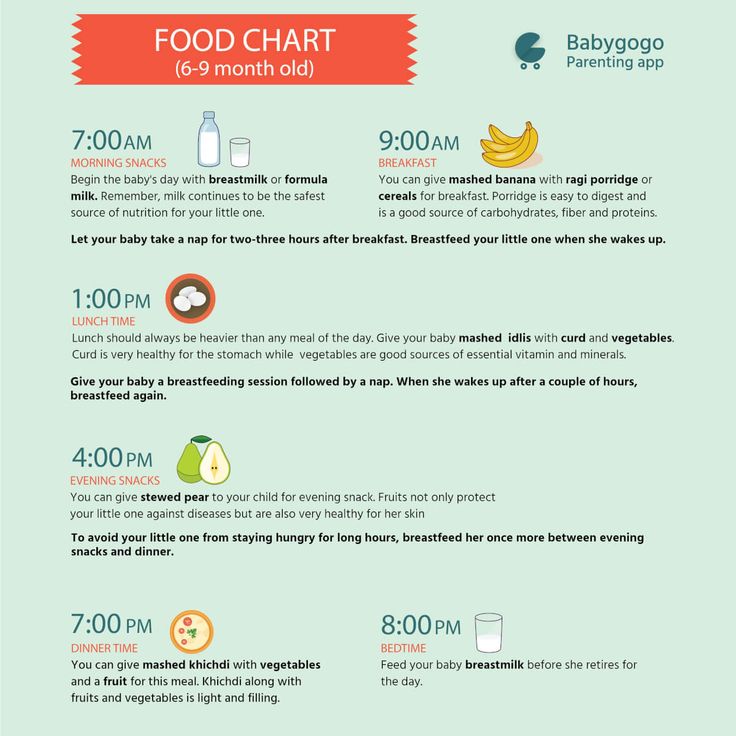Safest baby food brands
Baby Foods Without Heavy Metals
This year, multiple government reports found that baby foods from several top brands “are tainted with significant levels of toxic heavy metals, including arsenic, lead, cadmium, and mercury.” While the U.S. Food and Drug Administration (FDA) has announced some initiatives aimed at reducing heavy metals in baby foods, the consumer attorneys at Baum Hedlund Aristei & Goldman believe there is still a long way to go before children are safe from the dangers these tainted products pose.
For example, the FDA has yet to implement comprehensive federal standards regarding toxic heavy metals in baby foods. Unfortunately, this lack of oversight puts pressure on parents to research baby food brands and products for safety.
Our attorneys often get calls from parents who want to know which baby food brands do a good job testing and screening ingredients that add to heavy metals levels. Contrary to the excuses some of the major manufacturers have put out that the heavy metals issue is unavoidable, there are a lot of companies that go to great lengths to make healthy products. Read on for more information on safe baby foods without heavy metals.
One of the best ways to ensure that your child consumes only the highest quality foods is to make your own baby food using quality ingredients. Of course, not all parents have the time or resources necessary to make their own baby food. So if you need to buy premade baby foods, some of the brands that include:
Yumi
In addition to only using organic ingredients, Yumi rigorously tests its products for toxic heavy metals. They test the ingredients they use before processing as well as the finished products.
The company only uses USDA-certified organic ingredients and it only partners with farms that are trusted as USDA-certified organic and Non-GMO Project verified.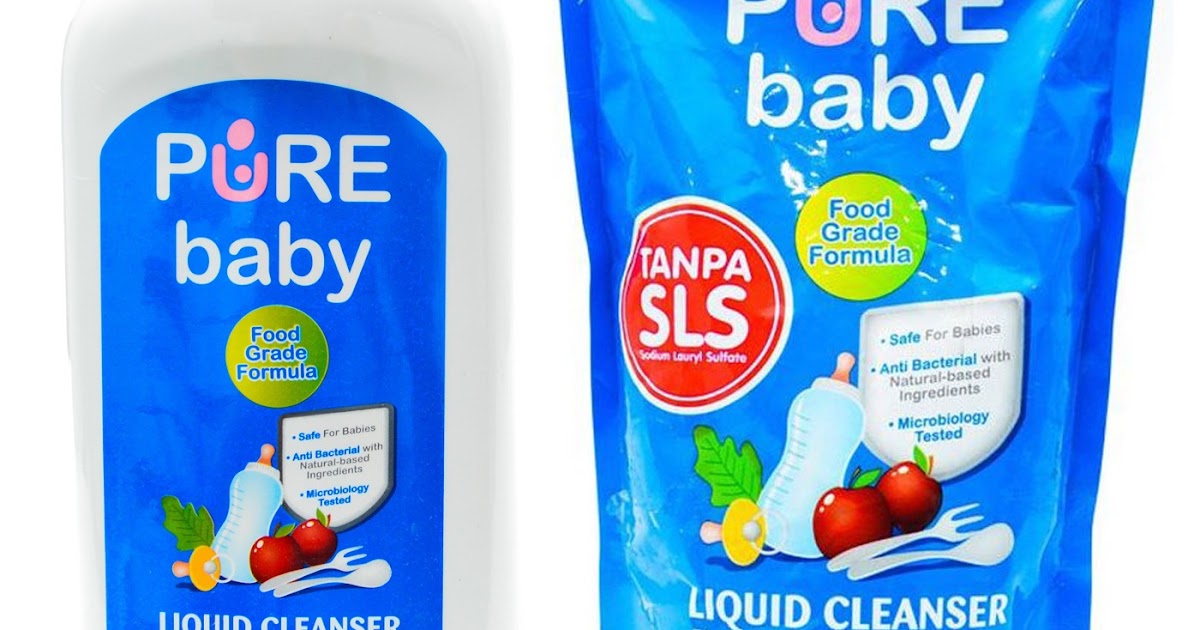
Yumi also considers federal soil contamination data to find the best farms for baby food ingredients. The company refrains from including soy, rice, and fruit juice within its products specifically because these ingredients add toxic heavy metals to baby foods.
Once Upon a Farm
Another baby food brand that makes a strong commitment to safe products is Once Upon a Farm. It is a newer brand that is dedicated to providing nutritious baby food products by only using organic and non-GMO ingredients. They also don’t use any preservatives, which means they are perishable and must stay in the refrigerator.
Square Baby
The products that Square Baby sells are all USDA certified organic and non-GMO. They provide a subscription-based service in which they deliver frozen meals to your home based on the schedule you set up. This new brand is solely available for purchase online and they only deliver to the following states at this time:
- Arizona
- California
- Colorado
- Idaho
- Nevada
- Oregon
- Utah
- Washington
Little Spoon
Little Spoon prepares certified USDA organic baby foods, and the majority of its products are highly nutritious.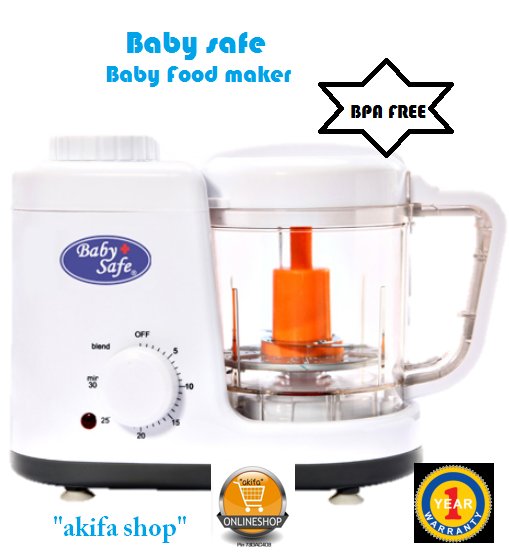 These baby foods arrive at your door fresh, preservative- and pasteurization-free. One thing to keep in mind is that Little Spoon products must be eaten within two weeks or they may spoil.
These baby foods arrive at your door fresh, preservative- and pasteurization-free. One thing to keep in mind is that Little Spoon products must be eaten within two weeks or they may spoil.
This company is similar to Square Baby in the sense that it provides its products to customers using a delivery service. It offers a subscription package or you can purchase products without subscribing.
Serenity Kids
Serenity Kids has made a strong commitment to diligently vet each of its suppliers in an effort to only use the cleanest ingredients. This brand solely uses organic vegetables grown on trusted U.S. family farms that regularly conduct soil testing, have comprehensive food safety systems in place, and ensure the most meticulous food safety audit (SQF Level III).
Baby Food Lawyer Videos – watch here.
Other Ways to Reduce Heavy Metals in Your Child’s DietRead Food Labels
One of the best things you can do to reduce your child’s exposure to toxic heavy metals is to read food labels before you buy.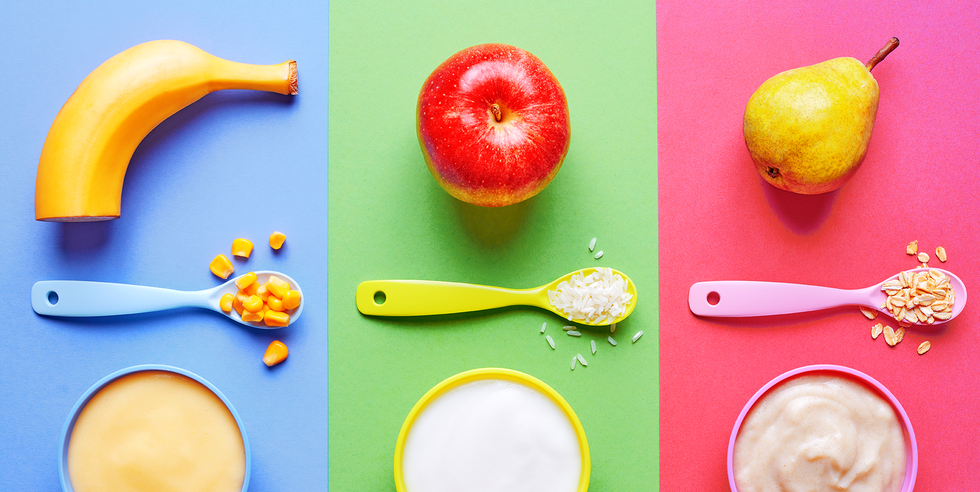 Pay careful attention to the brand and the first few ingredients listed in the product.
Pay careful attention to the brand and the first few ingredients listed in the product.
Ingredients are listed in order of prevalence in the product. Some baby food products may emphasize flavors like “kale and pear” or “pumpkin and spinach,” but a closer inspection reveals that the main ingredient is sweet potatoes. As you can see from the ingredients listed in the government reports at the top of this blog, sweet potatoes frequently test high in heavy metals.
It is also wise to avoid rice-based foods, or products including additives such as premade vitamin mixes.
Breastfeeding
If you can, using breastmilk to feed your child is much safer than using infant formula as some of the formulas on the market test high for heavy metals.
According to the American Academy of Pediatrics (AAP), mothers should breastfeed exclusively for about six months. Then, mothers should continue breastfeeding for a year or more as complementary foods are introduced into the child’s diet.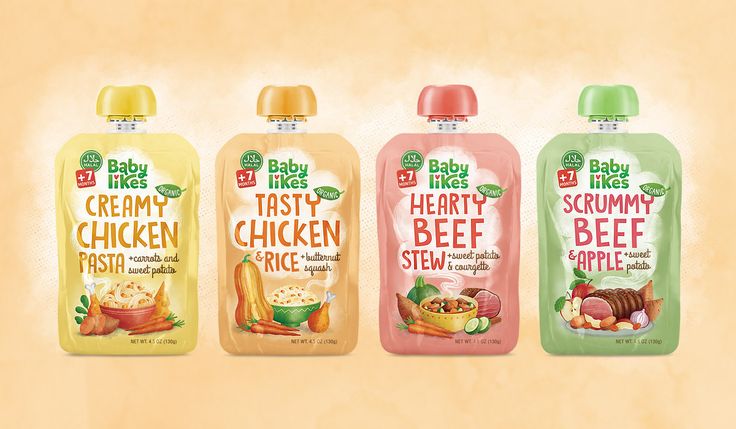 Breastfeeding should continue as long as it is mutually desired by both the mother and baby.
Breastfeeding should continue as long as it is mutually desired by both the mother and baby.
Replace Fruit Juice with Water
Kids love fruit juices, but it’s important to keep in mind that some fruit juices (like grape juice) test high for arsenic.
Instead of serving fruit juice to your child, you can sweeten the water you serve using fresh lemon. You can also give your child sliced whole fruits.
Try Making Your Own Purees and Baby Foods
Many people may not have the time or resources needed to make baby food, but the advantages of making your child’s food at home can help him or her avoid toxic heavy metals and other contaminants as a result of packaging and manufacturing.
You may think that making your own baby food has to be expensive. It doesn’t. You can choose which ingredients fit your budget and your child’s taste buds. If you’d like to learn more about how you can make your own organic baby food, The Big Book of Organic Toddler Food is a good place to start.
It is fair to assume that the FDA-approved food you buy for your child is safe and healthy. You may be distraught to discover that you’ve been feeding your child products that contain toxic heavy metals. Frustratingly, some companies knowingly sell products with high levels of heavy metals and refuse to issue baby food recalls.
If your child has been diagnosed with autism spectrum disorder (ASD) or attention-deficit/hyperactivity-disorder (ADHD) after regularly consuming baby foods from the brands listed in the government reports, we want to help your family seek justice in a baby food lawsuit. Don’t delay—reach out to our firm right away with any questions you may have. We are ready and willing to fight for your family now.
Call (855) 948-5098 or submit an online contact form today to get your free consultation with one of our skilled toxic baby food lawsuit attorneys.
The Best Organic Baby Foods (Without Heavy Metals)
The study found brands including Gerber and Beech-Nut to have "dangerously high" levels of toxic chemicals like arsenic, lead, cadmium, and mercury.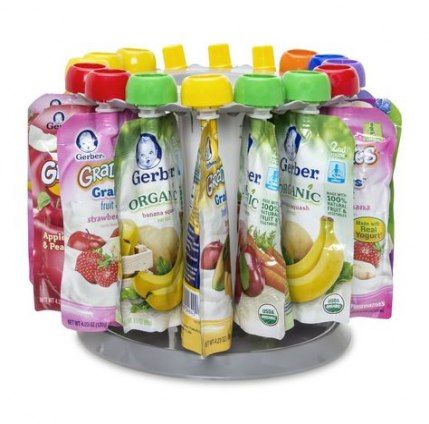
The report is alarming. The US government requested internal documents and test results from seven large US baby food manufacturers. Of those seven, three of them: Walmart (Parent's Choice), Campbell Soup Company (Plum Organics), and Sprout Organic Foods refused to cooperate at all.
This is concerning because the lack of cooperation could mean that their foods contain even higher levels of toxic metals in their baby food products.
Toxic heavy metals in baby food isn't new. Consumer advocacy groups have had similar findings in recent years. In November 2019, a study was conducted by Healthy Babies Bright Futures (HBBF), an organization dedicated to reducing babies' exposure to toxic chemicals. They found "95 percent of tested baby foods contain toxic chemicals that lower babies' IQ, including arsenic and lead."
There are currently no federal standards for heavy metals in baby food in the USA.
For this reason, we're taking a deep dive into organic baby food brands to find safe and reliable options.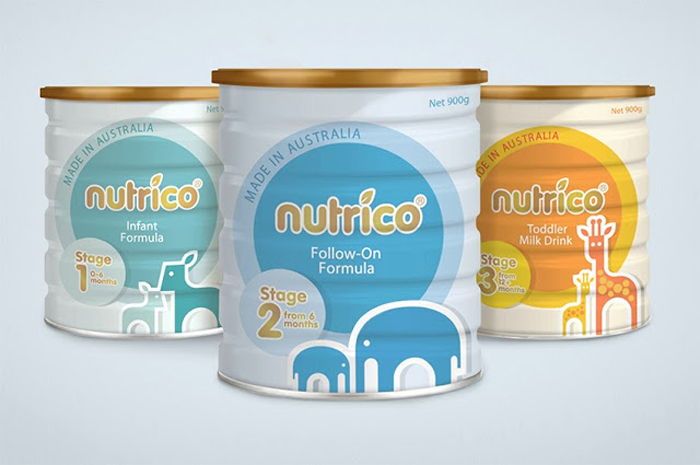
The organic baby food we recommend is
Yumi.They use organic vegetables that come from US family farms, and both the ingredients and finished products are tested to ensure the safest baby food possible.
Click here to see their full range of baby foods. (Use code "BETTERGOODS50" for 50% off your first order)
Avoiding the toxins.
It turns out that when it comes to baby food, the worst offenders are those that contain sweet potato and carrot, even if organic. Rice is also a big offender but generally not found in puree foods - it's mainly found in puff cereals meant for toddlers.
“Most of these metals are naturally occurring in soil, water or air. Plants absorb them as they grow, leaving trace amounts of the metals in the plants we consume.”
Evelyn Benden, RD.
Sweet potato and carrots are root vegetables that are very high in Vitamin A and other essential nutrients, but unfortunately, also high in lead and cadmium.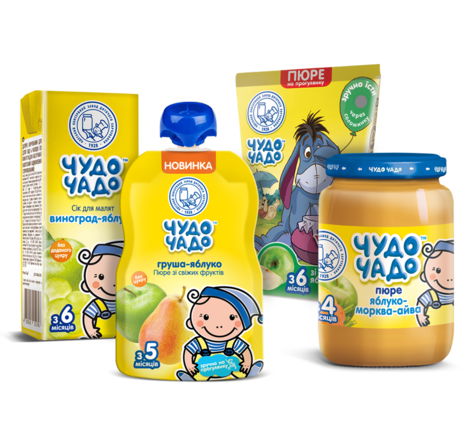
Happy Babies Bright Futures doesn't recommend completely avoiding baby food with sweet potato and carrot. Instead, they recommend feeding these foods and a variety of other foods to limit exposure while still getting the benefit of these nutritious veggies.
It should only become a problem if you're feeding your little one a diet consisting only of root veggies like carrots and sweet potatoes.
The new 2021 report goes further, though. It seems as though food additives and the manufacturing process might be adding even more heavy metals to the food.
According to the report, most companies only test the ingredients used in the food, not the final product. In the case of Hain (Earth's Best Organics), 100% of the baby foods tested had higher inorganic arsenic levels than the company estimated based on testing the individual ingredients - sometimes up to 93% higher.
Current food labeling laws don't require manufacturers to label foods or have a warning label of any kind, either.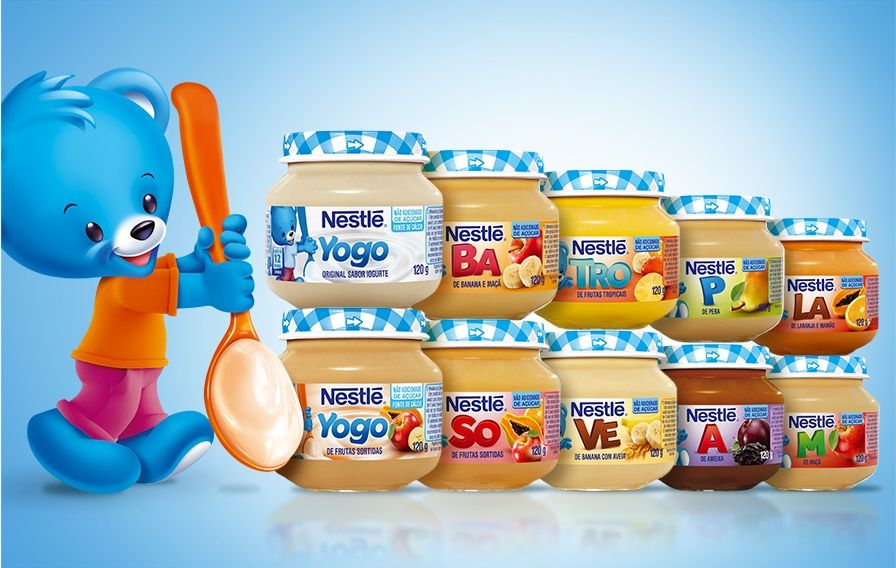
Today we're going to answer questions like:
- Why new information shows that baby food has toxic heavy metals.
- How to read a baby food label & what the certifications mean.
- How to avoid the toxic contaminants that might be lurking in baby food.
- The problem with sugar in baby food.
- What to look for in a good baby food.
- Which baby foods you can actually trust.
October 2021: Update
On October 21, 2021, 23 attorney generals in the US petitioned the FDA to expedite their process of implementing standards for heavy metals in baby food. Currently, the timeline looks like limiting lead in baby food by the middle of 2022, limiting inorganic arsenic by April 2024, and limiting cadmium and mercury after April 2024.
Like most governmental issues, this appears to be moving extremely slowly, and it's unacceptable. There are currently zero regulations on heavy metal contamination in baby food, but the proposed plans are years away from implementation.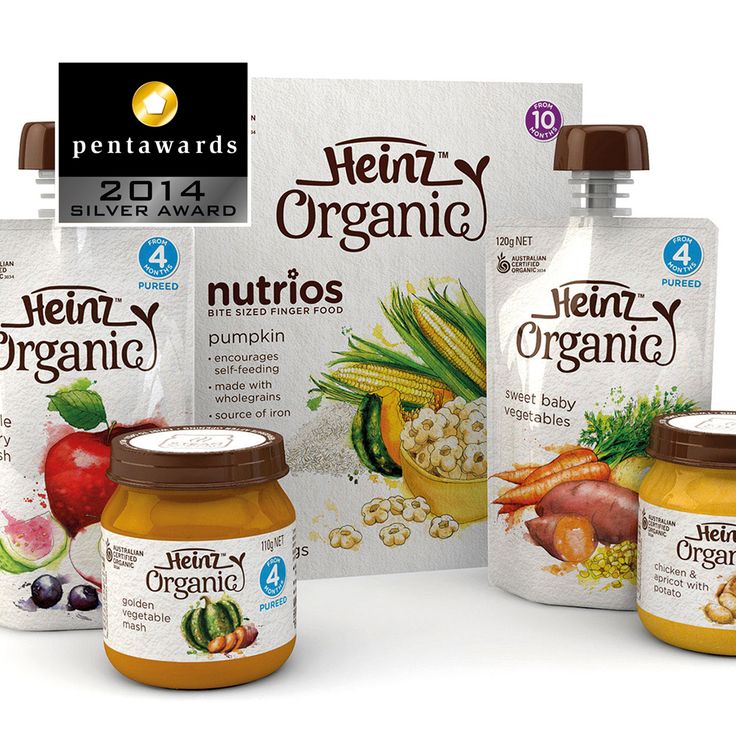
Until then, it's up to us to do our research to avoid the brands tested and found to contain dangerous detectable levels of heavy metals.
The Best Organic Baby Food Brands
We took a deep look at all of the organic baby food brands and the various varieties of food they offer.
This list has been updated as of March 2021 taking into account the new report from the Subcommittee on Economic and Consumer Policy Committee on Oversight and Reform.
Because of their commitment to safety, using only organic ingredients, and rigorous testing for heavy metals, we gladly recommend Yumi baby food as a safe alternative to the brands mentioned in the recent federal baby food report.
Click here to see their full range of baby foods. Use code "BETTERGOODS50" for 50% off your first order)
Yumi is an online-only brand that ships to the 48 contiguous United States.
Yumi claims that they partner with only trusted farms that are USDA-certified organic and Non-GMO Project verified. They also use federal soil contamination data to find the best farms. They also regularly test both the ingredients and finished products for heavy metals.
They also use federal soil contamination data to find the best farms. They also regularly test both the ingredients and finished products for heavy metals.
They use no soy, rice, or fruit juice, the main culprits that add heavy metals to baby food.
Yumi's baby food uses only USDA-certified organic ingredients, making them free from pesticides and chemical fertilizers. The meals are made fresh every week in their kitchens in Los Angeles.
Because the meals are freshly made and without preservatives, they're good in the fridge for seven days or two months in the freezer. Once opened, be sure to use it within 24 hours.
We also like that the brand uses many ingredients and has a wide selection of foods to choose from.
How It Works
Yumi is a subscription delivery service where you'll receive freshly-made jars of baby food every week.
When you register on the website, you enter your baby's birth date, and the site will recommend what they believe is the ideal food plan for your child.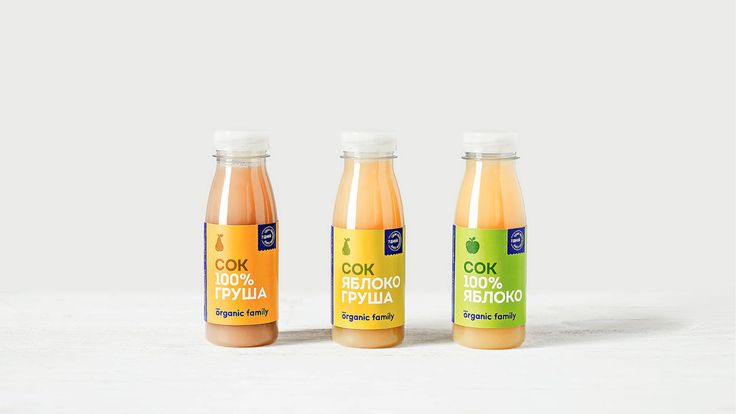 You have the option to choose 1, 2, or 3 meals per day, with 3 giving the best price per jar.
You have the option to choose 1, 2, or 3 meals per day, with 3 giving the best price per jar.
You're free to swap out any flavors as you wish after placing your order.
Prices differ depending on the number of jars you order. Still, the 8-jar plan is a great way to test out the service, with the 24-jar plan being significantly cheaper per jar.
Because of Yumi's commitment to providing safe, fresh, and organic baby food free of toxic metals, we recommend them.
Click here to visit Yumi's website and make your first order.
Once Upon a Farm (cold-pressed and no preservatives)
Once Upon a Farm is a great newer brand that makes excellent options for organic baby food pouches. Of course, they're certified organic and non-GMO and made in California.
Click here to see their baby food on Amazon.
They don't use any preservatives, and the pouches are perishable and must stay refrigerated. If you look for them in-store, they'll be in the refrigerated section! They're available in most Whole Foods.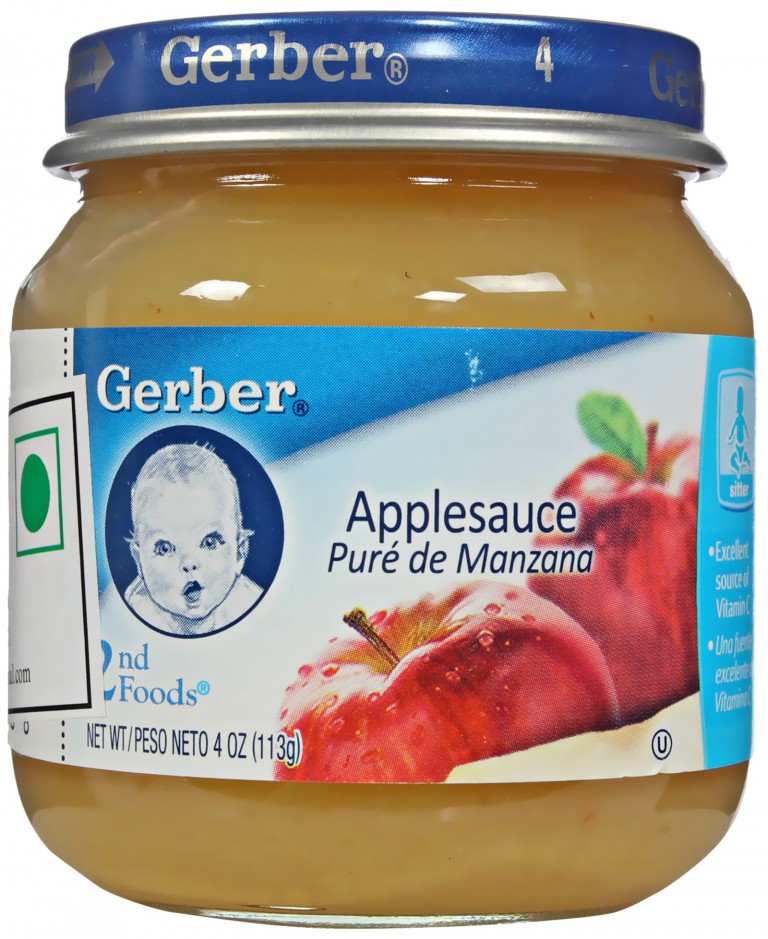
They use HPP (cold-pressing), which uses high pressure rather than heat to prepare the product. This process helps maintain the taste, texture, and color of the product instead of shelf-stable baby food products that are heated and pasteurized, which destroys a lot of the nutritional value.
They're a bit expensive at about $2.50 per pouch (if bought from Amazon -- higher from their official site). Still, they're one of the better and more trustworthy brands out there.
Best choices from Once Upon a Farm:
- Brocc-On! (1g sugar)
- Green Bean-y Zucchini (2g sugar)
- I Carrot Lot Cup (3g sugar)
- Cauliflower & Bell Pepper Power (2g sugar)
- Sun-Shiny Strawberry Patch (7g sugar)
- Strawberry Beet Basil Cup (7g sugar)
- Farmer Jen and the Giant Squash (8g sugar)
Feed these sparingly (possible heavy metal contamination):
- So Sweet Potato Cup (3g sugar, possible heavy metal contamination)
- Mama Bear Blueberry (7g sugar, contains sweet potato)
High in sugar content:
- Prince of Prunes Cup (11g sugar)
- Apple Bowl (12g sugar)
- Magic Velvet Mango (12g sugar)
- Wild Rumpus Avocado (10g sugar, main ingredient is actually pineapple)
- Straw-pear-y Carrot Cup (9g sugar, possible heavy metal contamination)
- Blueberry Bear Cup (9g sugar, contains sweet potato / heavy metal contamination)
- Pineapple of My Eye Cup (11g sugar)
- OhMyMega Veggie! (9g sugar, apple is first ingredient)
- Green Kale & Apples (9g sugar, main ingredient is apple and little kale)
- Banana Strawberry Beet Bowl (11g sugar)
- Apple Sweet Potato Blueberry Bowl (11g sugar, contains sweet potato / heavy metal contamination)
- Pear Carrot Mango Bowl (9g sugar)
- Squash Bucklin’ Sage Cup (10g sugar, main ingredient apples)
- Beauty and the Beet Cup (10g sugar, main ingredient apples)
- Gold-y Mango & the 3 Coconuts (10g sugar)
Ella's Kitchen (UK-only)
Ella's Kitchen is a British brand that makes a whole bunch of good baby food pouches.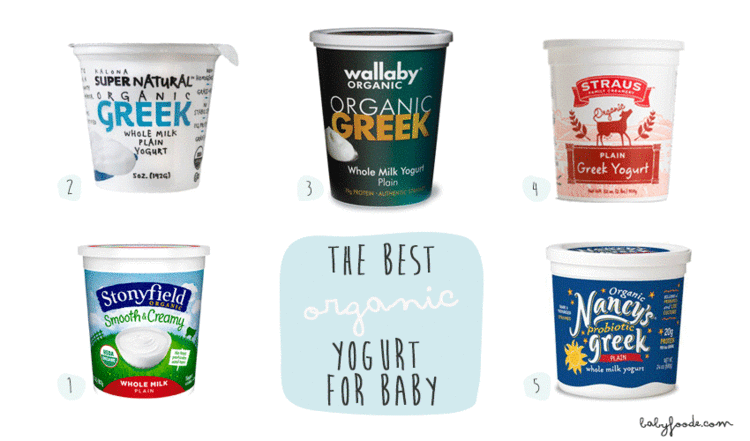 They're not the most accessible brand to source in the US, but some are available on Amazon.
They're not the most accessible brand to source in the US, but some are available on Amazon.
They're all certified organic, and best of all, a lot of them are veggie-based instead of fruit-based.
If you source them from Amazon, they come out at a little more than $2 per pouch, a typical standard price.
We do wish this brand was more widely available in the US. Because of this we can't give it top marks, but if you're in the UK or are okay with the small selection available here, Ella's Kitchen is a good brand.
4+ months
- squash, sweet potatoes + parsnips (1.7g sugar)
- Sweetcorn (2g sugar)
- carrots, peas + kale (2.2g sugar)
- Courgettes, apples + avocados (6.7g sugar -- 60% apple)
- spinach apples + swedes (7.4g sugar)
- Strawberries, rhubarb + apples (7.6g sugar)
- Mighty grains peach, mango + amaranth (8g sugar)
- Mighty grains squash, apple + quinoa (8g sugar -- 74% apple)
6+ months
- mmmmm bubble + squeak with leeks (2g sugar)
- mmmmm macaroni cheese with basil (2.
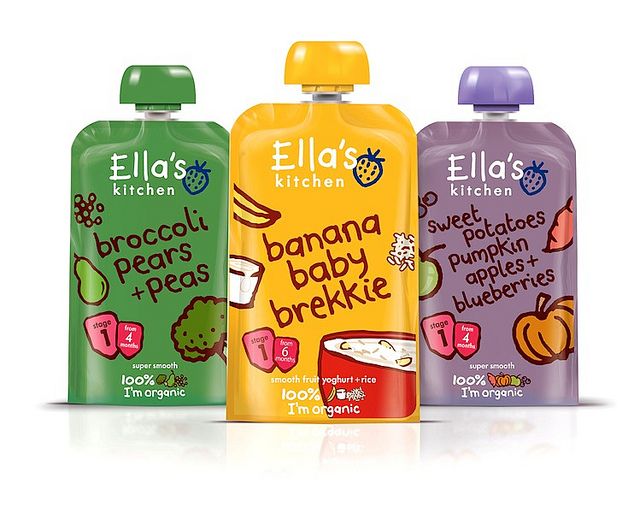 5g sugar)
5g sugar) - mmmmm cauliflower cheese with butter beans (2.5g sugar)
- mmmmm veggie couscous with herbs (3g sugar -- has carrot)
- mmmmm tomato + lentil bake with red peppers (5g sugar -- has sweet potato)
7+ months
- fabulously filling Fish Pie with parsley (3g sugar -- has carrots)
- wonderfully warming Beef Stew with spuds (2.6g sugar - has carrots)
- chick-chick Chicken Casserole with apricots (5.5g sugar - has carrots)
- very, very tasty Vegetable + Lentil Bake with sauce (5.3g sugar)
- lovely Lamb Roast Dinner with all the trimmings (2.3g sugar)
- oh so creamy Chicken + Veg with sweetcorn mash (2.5g sugar)
- lip smacking Spag Bol with a sprinkle of cheese (4g sugar)
- punchy Pork Roast Dinner with apple sauce (4g sugar)
- full of beans Veggie Feast with basil (4g sugar)
- big smiles Cheesy Pie with veggies (3.4g sugar)
- oodles of fun Chicken + Noodles with red peppers (2.
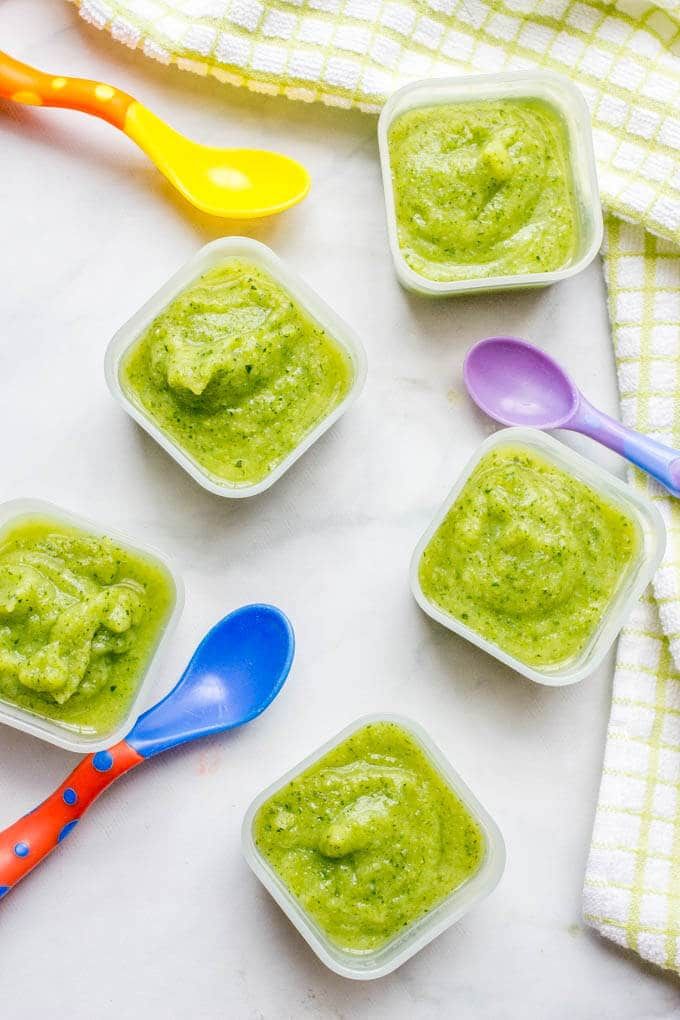 7g sugar)
7g sugar) - Zingy Lamb + Cous Cous with mangoes + raisins (6.8g sugar)
- vroom vroom Veggie Lasagne with a sprinkle of cheese (4g sugar)
- bang bang Bangers + Mash with veggies (3g sugar)
- cheery Chicken Roast Dinner with stuffing (3.4g sugar)
- cheeky Greek-y Veggie Moussaka with red lentils (2g sugar)
- jammin' Jamaican Curried Pork with rice + peas (3.3g sugar)
- moreish Moroccan Chicken with chickpeas + cumin (4.7g sugar)
- arriba arriba Mexican Chicken with rice and peppers (3g sugar)
- seriously comforting Cottage Pie with a pinch of cinnamon (3.1g sugar)
- groovy greens Veggie Risotto with cheese (1.2g sugar)
- mild chilli con carne (2.2g sugar)
- Tomato-y pasta with plenty of veg (4.4g sugar)
10+ months
- Nicely spiced chicken curry with veggie rice (6.6g sugar)
- Easy Peas-y Cheesy Pasta with lots of veg (5.7g sugar)
- wonderfully warming Beef Stew with spuds (3.
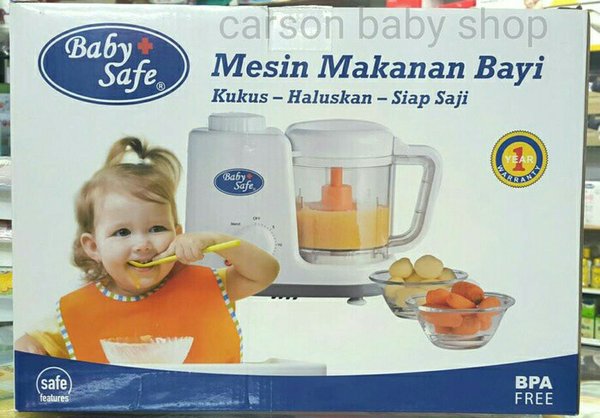 8g sugar)
8g sugar) - lip smacking Spag Bol with a sprinkle of cheese (5.9g sugar)
- full of sunshine Thai Curry with noodles + coconut (6.7g sugar)
- lovely Lamb Roast Dinner with all the trimmings (3.4g sugar)
- chick-chick-Chicken Casserole with apricots (8g sugar)
- perfectly pleasing Tomato-y Pasta with plenty of veg (7.2g sugar)
- super scrummy Salmon Risotto with a sprinkle of cheese (3g sugar)
- seriously comforting Cottage Pie with a pinch of cinnamon (4.9g sugar)
- totally cool Caribbean Chicken with mangoes (7.4g sugar)
Feed these sparingly (possible heavy metal contamination):
- sweet potatoes broccoli + carrots (8g sugar)
- squash, sweet potatoes + parsnips (6.7g sugar)
- sweet potatoes (3g sugar)
- parsnips (3g sugar)
- carrots (3g sugar)
- mmmmm chickpea + sweet potato mash with sweetcorn (5g sugar)
High in sugar content:
- sweet potatoes + pumpkin apples + blueberries (11g sugar, possible heavy metal contamination)
- Carrots apples + parsnips (11g sugar)
- strawberries + apples (12g sugar)
- bananas + apples (20g sugar)
- broccoli pears + peas (9.
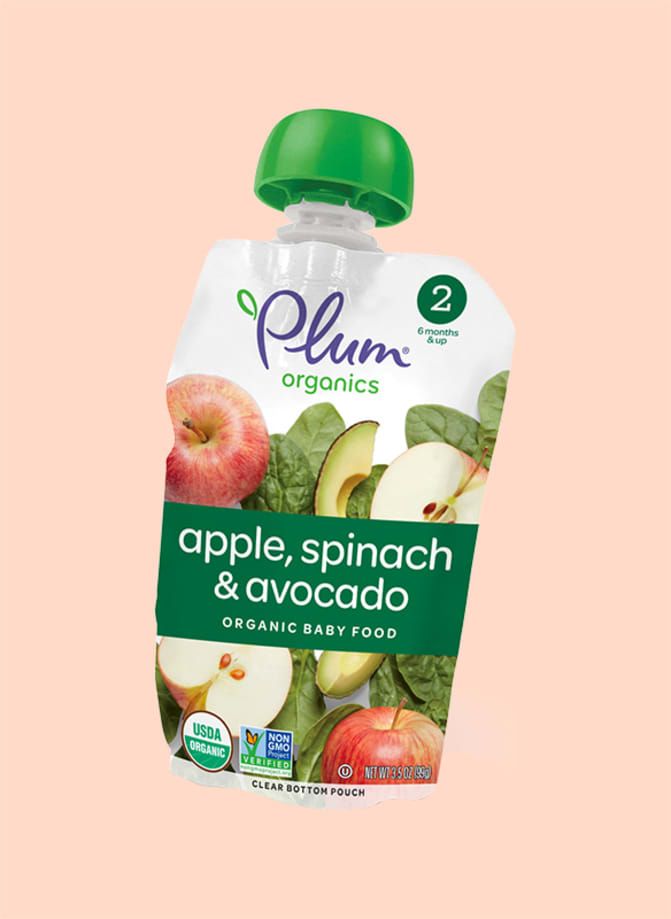 5g sugar)
5g sugar) - peaches + bananas (16g sugar)
- butternut squash carrots apples + prunes (11g sugar)
- plums pears parsnips + swedes (9g sugar)
- carrots peas + pears (9g sugar)
- mangoes pears + papayas (10g sugar)
- red peppers, sweet potatoes + apples (9g sugar, possible heavy metal contamination)
- blueberries apples bananas + vanilla (16g sugar)
- bananas + coconuts (22g sugar)
- Pears, nectarines + guava (10g sugar)
- Mighty grains raspberry, apple + buckwheat (8.6g sugar -- mainly apple)
- peas, peas, peas (0.4g sugar, but 50% water, 50% peas)
Square Baby (good, but expensive subscription service)
Square Baby is an interesting new brand. They're only available online and currently only deliver to the US states of CA, OR, WA, ID, UT, NV, AZ, and CO. They're a subscription-based startup where you receive their frozen meals on a scheduled basis.
Their products are all USDA certified organic and non-GMO.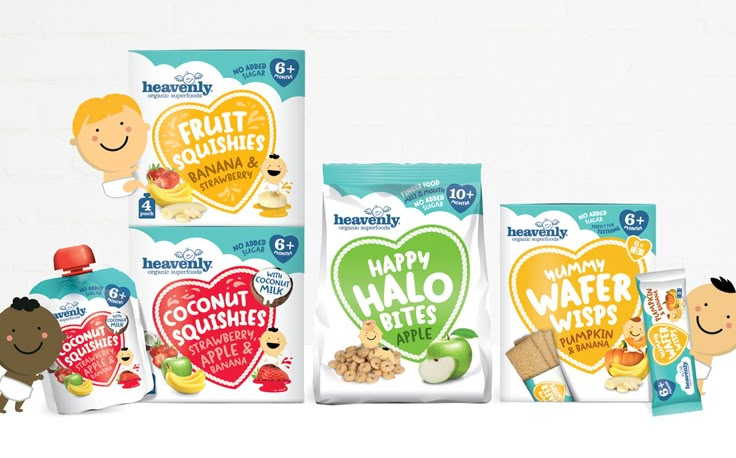
The brand does an excellent job of creating healthy, organic meals that aren't full of sugars and fruits. Apart from some of their baby fruit purees, the rest of the lineup is quite good.
However, this comes at a cost. You're spending $79 for 14 meals at the lowest tier, which works out to $5.64 a meal for a 113g container. This is likely out of budget for many people, and since they're only available to a few select states on the west coast, it's a niche brand.
But if it sounds appealing to receive healthy, organic frozen meals to your front door that you simply reheat and serve, and you're okay with the price, Square Baby isn't a bad brand at all.
Best options from Square Baby:
4+ months
- Lil Carrot (3g sugar)
- Lil Sweet Pea (4g sugar)
- Lil Peach (6g sugar)
6+ months
- Minty Green (4g sugar)
- Peachy Oatmeal (4g sugar)
- Peanut Pumpkin Pie (5g sugar)
- Greenie Baby (5g sugar)
- Beet Berry (5g sugar)
- Apple Rosemary Lentils (5g sugar)
- Apple Curry Chicken (6g sugar)
- Mango Coconut Chicken (7g sugar)
- 8+ months
- Avocado Greens (1g sugar)
- Salmon Mash (5g sugar)
- Spinach Dahl (4g sugar)
- Mango Rice Pudding (5g sugar)
- Baby Blues (5g sugar)
- Veggie Scramble (4g sugar)
Feed these sparingly (possible heavy metal contamination):
- (4+ months) Lil Sweet Potato (6g sugar, possible heavy metal contamination)
- (6+ months) Harvest Feast (4g sugar, contains sweet potato)
High in sugar content:
- Lil Mango (13g sugar)
- Lil Pear (11g sugar)
Little Spoon (good, but expensive subscription service)
Little Spoon is another newer startup that makes and delivers fresh baby food blends to your door.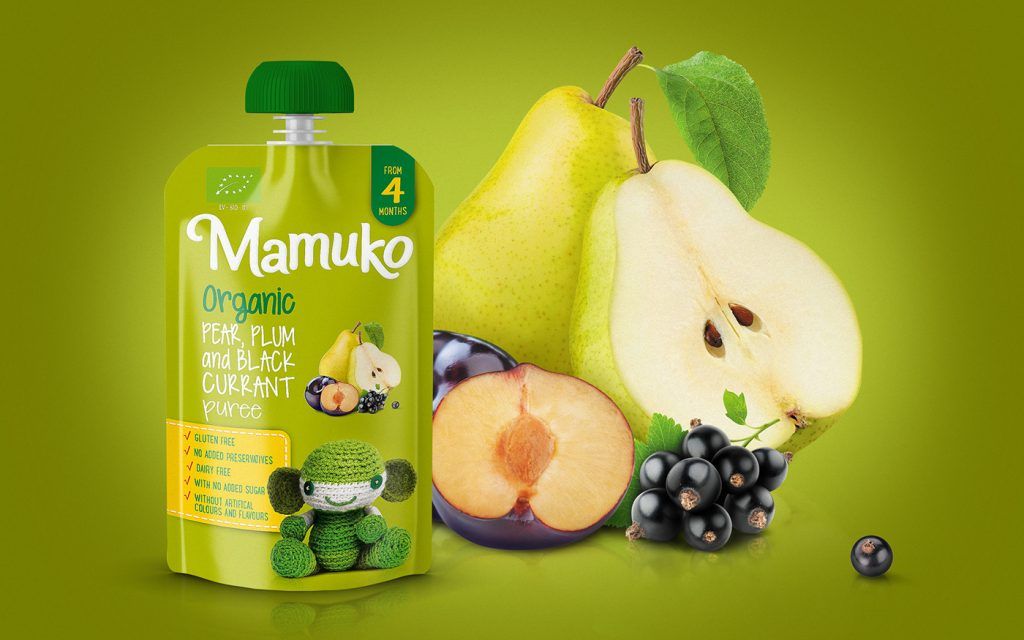 All of their product is made in southern California and is available only through their website.
All of their product is made in southern California and is available only through their website.
Their blends are certified USDA organic, and most of them have a great nutritional profile. They arrive fresh and must be consumed within 14 days or should be disposed of. This is because they're not using any preservatives or pasteurization.
Pricing is based on your location and we weren't able to find a list anywhere, but they also run on a subscription service. Shipping is only available to the continental USA.
We did a trial checkout with the area code "90210" (Beverly Hills) and the plans range from $2.98/meal for 3 meals per day, to $3.93/meal for 1 meal per day. Much like the other subscription services like Square Baby, it's pretty pricey for what you're getting.
But the target audience of a product like this is those short on time and want to pay for convenience, so if that sounds like you, Little Spoon is a good brand to try.
Best choices from Little Spoon:
- Broccoli Spinach (2g sugar)
- Zucchini (2g sugar)
- Butternut Squash (2g sugar)
- Avocado Green Apple Broccoli Spirulina (6g sugar, broccoli and apple are main ingredients)
- Kale Avocado Green Apple Chia (6g sugar)
- Pitaya Pineapple Spinach Banana Coconut Oil (7g sugar)
- Broccoli Pineapple Banana Hemp (7g sugar)
- Carrot Apple Buckwheat Cinnamon Pumpkin Seed Flax Oil (7g sugar)
- Kale White Bean Pear Basil Quinoa Avocado Oil (7g sugar)
- Quinoa Butternut Squash Kale Apple (7g sugar)
- Strawberry Basil Beet Pear Chia (8g sugar)
- Spinach Mango Banana Hemp (8g sugar)
Feed these sparingly (possible heavy metal contamination):
- Sweet Potato Carrot (5g sugar, possible heavy metal contamination)
Too much sugar:
- Carrot Mango Coconut Milk Turmeric (10g sugar)
- Carrot Mango Banana Chia (10g sugar)
- Quinoa Raspberry Pear Coconut Milk Vanilla Date Wheat Germ Oil (13g sugar)
- Blueberry Chickpea Spinach Pear Rosemary (9g sugar)
- Sweet Potato Apple Blueberry Flax (9g sugar, possible heavy metal contamination)
- Sweet Potato Apple Red Bell Pepper Turmeric (10g sugar, possible heavy metal contamination)
- Pea Pear Mint (10g sugar)
- Kale Carrot Pear (9g sugar, mainly pear and apple)
- Carrot Apple Ginger (11g sugar)
- Beet Banana Mango (14g sugar)
- Pear (11g sugar)
- Apple (12g sugar)
- Mango (15g sugar)
- Prunes (11g sugar)
Another Recommended Brand: Serenity Kids (Good But Expensive)
Serenity Kids is one of the best brands of store-bought organic baby food and one we'd recommend.
Click here to see their full range of baby foods. (USE CODE "GLOWINGNEST" FOR 15% OFF YOUR FIRST ORDER!)
Not all of their products are certified organic by the USDA but there's a reason for it. From small family farms, the beef and pork are raised organically without GMO feed, hormones or antibiotics. Due to the prohibitive costs, these small farms can't afford USDA certification. The wild-caught salmon can't be certified organic because it's not a product of agriculture.
At Serenity Kids, we carefully vet our suppliers to ensure we use the cleanest possible ingredients. We use organic vegetables that come from trusted American-family farms that conduct testing on their own soil, have robust food safety programs, and undergo the most rigorous food safety audit, SQF Level III. Meats are naturally lower in heavy metals, and we source ours from farms with the highest quality and environmental standards.
Serenity Carr, CEO of Serenity Kids
What we like about this brand is that the pouches contain a lot less sugar than most.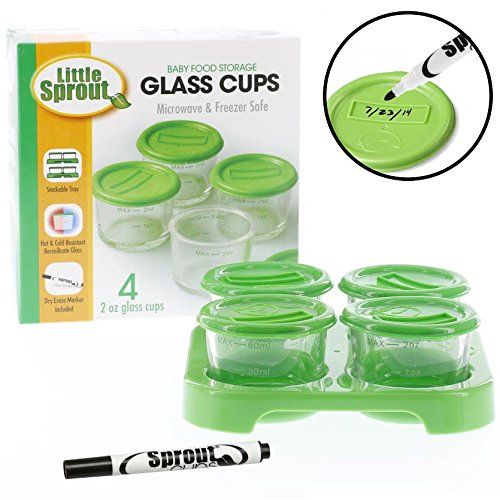 We looked at all of the products, and at most, they contain 4g of sugar per serving (the entire 100g pouch), where many competing brands have 12g or more sugar in the same serving size.
We looked at all of the products, and at most, they contain 4g of sugar per serving (the entire 100g pouch), where many competing brands have 12g or more sugar in the same serving size.
Parents of picky kids, rejoice.
Serenity Kids has an excellent policy where they will refund your money, no questions asked, if your child simply doesn't like the product.
The downside to this brand is that some of their product is expensive. The pouches with meat protein are $23.95 for 6 (or $4 each per pouch), while the veggie-only ones are $13.95 for 6, (or $2.30 each per pouch). The meat ones are the best, but at $4 per pouch it's not the most affordable option on the market.
Their labeling is also a little bit misleading. For example, the expensive meat pouches are labelled things like "Free Range Chicken with Organic Peas and Carrots." But if you take a look at the nutritional information, the first ingredient is actually peas, then carrots (which are both cheap), with the free range chicken being the third ingredient.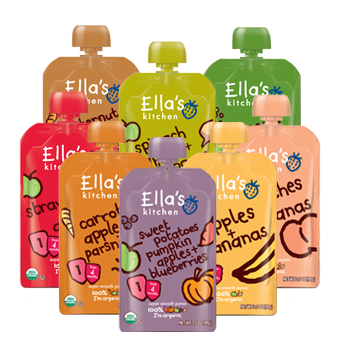
Yes, it's marketing, but it's misleading marketing, especially considering the cost of the meat protein pouches.
But having said that, if you have the money, this is a great brand that we highly recommend.
The best options from Serenity Kids:
- Uncured Bacon with Organic Kale and Butternut Squash (1g sugar)
- Wild Caught Salmon with Organic Butternut Squash and Beet (2g sugar)
- Grass Fed Bison with Organic Kabocha Squash and Spinach (2g sugar)
- Organic Butternut Squash and Spinach (2g sugar)
- Organic Squashes (2g sugar)
- Grass Fed Beef with Organic Kale and Sweet Potatoes (3g sugar)
- Free Range Chicken with Organic Peas and Carrots (3g sugar)
- Pasture Raised Turkey with Organic Pumpkin and Beets (3g sugar)
Feed these sparingly (metal contamination risk):
- Organic Roots (4g sugar)
- Organic Sweet Potato and Spinach (4g sugar)
NurturMe (not many good options)
NurturMe's big selling point is that they use quinoa in many of their products, including many of their baby food pouches.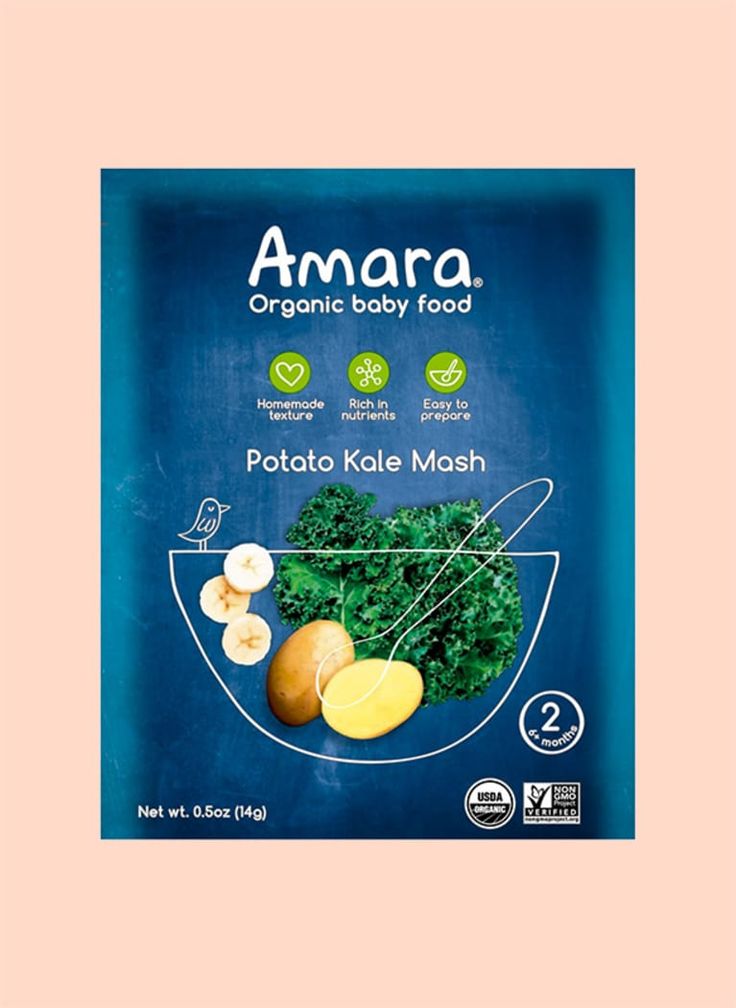 Quinoa is a grain full of amino acids, omegas 3, 6, and 9, and more. It's considered a "superfood" in some circles and can be an excellent grain for your child.
Quinoa is a grain full of amino acids, omegas 3, 6, and 9, and more. It's considered a "superfood" in some circles and can be an excellent grain for your child.
Click here to see their baby food on Amazon.
The price isn't bad: at about $1.25 per pouch (if you buy the 12-packs), they're not going to break the bank, but you'd still be better off making most of these blends yourself.
The sugar content of their baby food pouches is a little higher than we'd like to see. This is because most of their blends contain sweet fruit like bananas, pears, or mango. For example, the pineapple + banana + oatmeal blend has 12g of sugar per serving, which is high. Because of this, we can't recommend this brand over others.
There's only one product they offer that is below our sugar limits:
- apple + pumpkin + beet (7g sugar)
High in sugar content:
- carrot + mango + apple (9g sugar)
- pear + pea + spinach (9g sugar)
- mango + guava + quinoa (11g sugar)
- pear + quinoa + amaranth + spinach (10g sugar)
- pineapple + banana + oatmeal (12g sugar)
- strawberry + banana + amaranth (10g sugar)
- banana + pumpkin + celery (11g sugar)
Brands To Avoid
Based on the 2021 baby food report by the Subcommittee on Economic and Consumer PolicyCommittee on Oversight and Reform, we strongly recommend avoiding these brands:
Avoid: Walmart (Parent’s Choice), Sprout Organic Foods, and Campbell (Plum Organics).
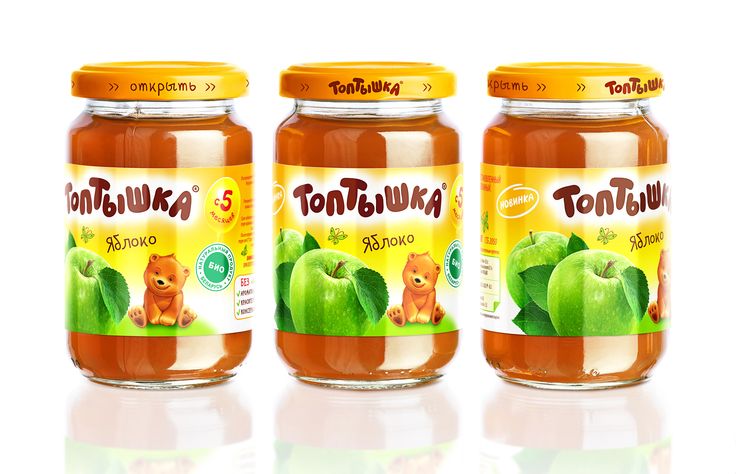
All three of these companies refused to cooperate with the investigation.
"The Subcommittee is greatly concerned that their lack of cooperation might obscure the presence of even higher levels of toxic heavy metals in their baby food products, compared to their competitors' products. Independent testing of Walmart, Sprout Organic Foods, and Campbell products has confirmed that their baby foods contain concerning levels of toxic heavy metals."
Avoid: Beech-Nut
According to the report:
"Beech-Nut used ingredients after they tested as high as 913.4 ppb arsenic. Beech-Nut routinely used high-arsenic additives that tested over 300 ppb."
"Beech-Nut used ingredients containing as much as 886.9 ppb lead. It used many ingredients with high lead content, including 483 that contained over 5 ppb lead, 89 that contained over 15 ppb lead, and 57 that contained over 20 ppb lead."
"Beech-Nut used 105 ingredients that tested over 20 ppb cadmium. Some tested much higher, up to 344.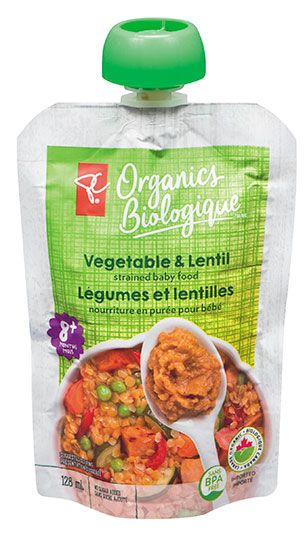 55 ppb cadmium."
55 ppb cadmium."
"Beech-Nut (does) not even test for mercury in baby food."
For these reasons, we strongly recommend avoiding Beech-Nut's baby food.
Avoid: Nurture (HappyBABY)
According to the report:
"Nurture (HappyBABY) sold baby foods after tests showed they contained as much as 180 parts per billion (ppb) inorganic arsenic. Over 25% of the products Nurture tested before sale contained over 100 ppb inorganic arsenic. Nurture's testing shows that the typical baby food product it sold contained 60 ppb inorganic arsenic."
"Nurture (HappyBABY) sold finished baby food products that tested as high as 641 ppb lead. Almost 20% of the finished baby food products that Nurture tested contained over ten ppb lead."
"Sixty-five percent of Nurture (HappyBABY) finished baby food products contained more than 5 ppb cadmium."
"Nurture (HappyBABY) sold finished baby food products containing as much as ten ppb mercury."
"Nurture (HappyBABY) sold all products tested, regardless of how much toxic heavy metal the baby food contained.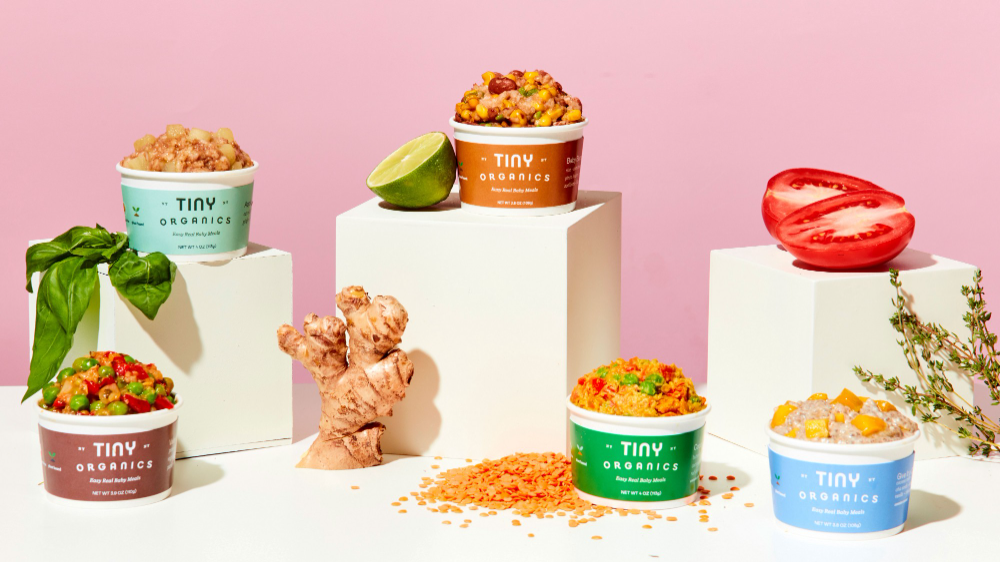 By company policy, Nurture's toxic heavy metal testing is not intended for consumer safety. The Food and Drug Administration (FDA) has only finalized one standard—100 ppb inorganic arsenic in infant rice cereal—and Nurture set its internal standard for that product 15% higher than the FDA limit, at 115 ppb."
By company policy, Nurture's toxic heavy metal testing is not intended for consumer safety. The Food and Drug Administration (FDA) has only finalized one standard—100 ppb inorganic arsenic in infant rice cereal—and Nurture set its internal standard for that product 15% higher than the FDA limit, at 115 ppb."
Avoid: Hain (Earth’s Best Organic)
According to the report:
"Hain (Earth's Best Organic) sold finished baby food products containing as much as 129 ppb inorganic arsenic. Hain typically only tested its ingredients, not finished products. Documents show that Hain used ingredients testing as high as 309 ppb arsenic."
"Hain (Earth's Best Organic) used ingredients containing as much as 352 ppb lead. Hain used many ingredients with high lead content, including 88 that tested over 20 ppb lead and six that tested over 200 ppb lead."
"Hain (Earth's Best Organic) used 102 ingredients in its baby food that tested over 20 ppb cadmium. Some tested much higher, up to 260 ppb cadmium. "
"
"Hain (Earth's Best Organic) set an internal standard of 200 ppb for arsenic, lead, and cadmium in some of its ingredients. But Hain exceeded its internal policies, using ingredients containing 353 ppb lead and 309 ppb arsenic. Hain justified deviations above its ingredient testing standards based on "theoretical calculations," even after Hain admitted to FDA that its testing underestimated final product toxic heavy metal level."
Avoid: Gerber
"Gerber used high-arsenic ingredients, using 67 batches of rice flour that had tested over 90 ppb inorganic arsenic."
"Gerber used ingredients that tested as high as 48 ppb lead; and used many ingredients containing over 20 ppb lead."
"Seventy-five percent of Gerber's carrots contained cadmium in excess of 5 ppb, with some containing up to 87 ppb cadmium."
"Gerber rarely tests for mercury in its baby foods."
The Problems With Baby Food
Problem #1: Toxic Metals? In My Baby Food?
95% of baby food -- even organic baby food -- contains one or more toxic heavy metals.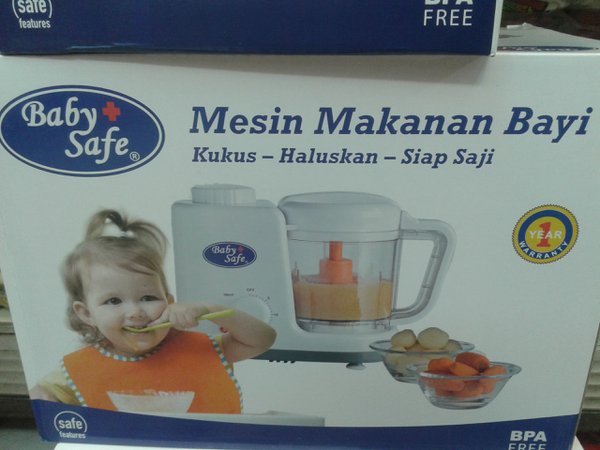
This is the terrifying findings of a recent (November 2019) study by Healthy Babies Bright Futures (HBBF), an organization dedicated to reducing babies' exposure to toxic chemicals.
They found the following toxic metals:
- Lead - A whopping 94% of baby food tested contained lead. Extremely toxic.
- Cadmium - 74% of baby foods contained this metal linked with brain damage, cancer, and more.
- Arsenic - 73% of tested baby foods contained this toxic metal with links to damage to developing brain and nervous systems.
- Mercury - 32% contained mercury, which is linked to brain damage and worse.
As scary as this sounds, you shouldn't be alarmed. It's easy to read information like this and start freaking out, but it's not the end of the world, and it doesn't mean that you shouldn't feed your child store-bought baby food.
So if even organic baby foods can contain these toxic metals, what can you do about it?
In our guide, we will identify the safe baby foods and mark those that contain high amounts of sweet potato or carrot.
But please don't live in fear of letting your little one eat carrots and sweet potatoes. It's fine -- variety is the key!
Safe Alternatives
Unfortunately, making your baby food isn't going to avoid these heavy metals. And the standards like USDA organic certification don't account for heavy metals, so even buying organic isn't going to avoid it.
The following is a list of better alternatives to carrots and sweet potatoes. Since these veggies are grown above-ground, they should be safe from toxic heavy metal contamination.
However, since several of these options (like apples and pears) are high in pesticide content, they should always be bought organic when possible.
- Bananas
- Apples
- Prunes
- Pears
- Butternut squash (similar nutrient profile to carrots and sweet potato)
- Pumpkin (also has similar nutrient profile to carrots and sweet potato)
- Peaches
- Grapes
Problem #2: Commercial Baby Food Can Be Misleading and Unhealthy
You have to be very careful when it comes to blindly trusting baby food labeling.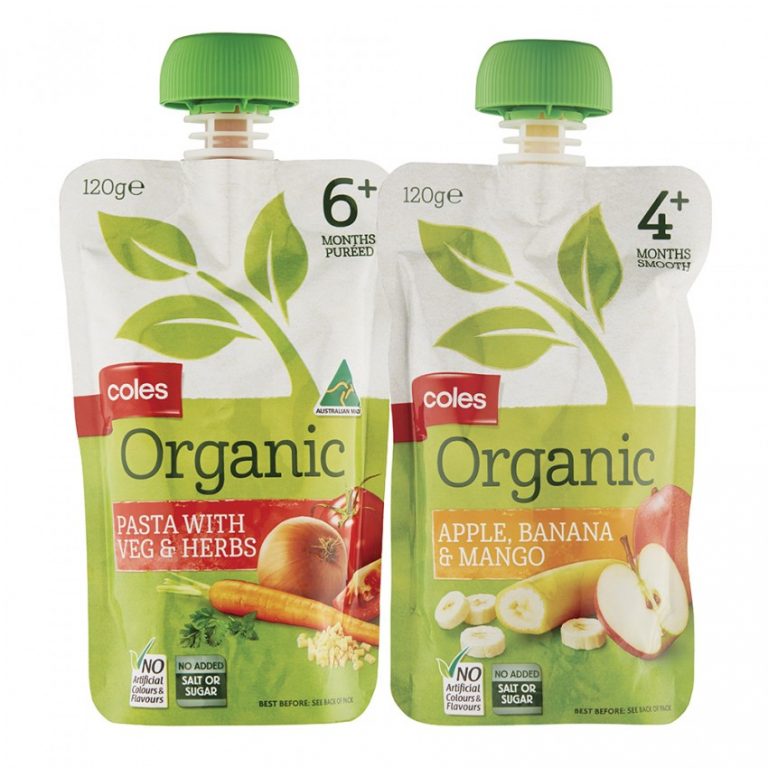 You might think that the industry has our children's best interests in mind and would make the foods as healthy as possible, right?
You might think that the industry has our children's best interests in mind and would make the foods as healthy as possible, right?
Unfortunately, that couldn't be further from the truth.
You don't have to look very far to find baby foods full of processed ingredients and tons of sugars. Feeding your little one a diet of baby foods like this will set them up to prefer sweet foods and reject those that aren't sweet—a recipe for a picky eater.
And what's worse is that just because a label says it's "spinach and beet," if you turn the package over and look at the ingredients, you might find that it's mainly just cheap fruit purees and juices with spinach and beet being a tiny percentage of the actual container.
It's super important to expose our children to various tastes and textures at a young age, so they grow up to enjoy all of the different foods we have available. A child given only a diet of sweet, fruit-based foods might grow up to dislike the bitter taste of spinach and never learn to enjoy it.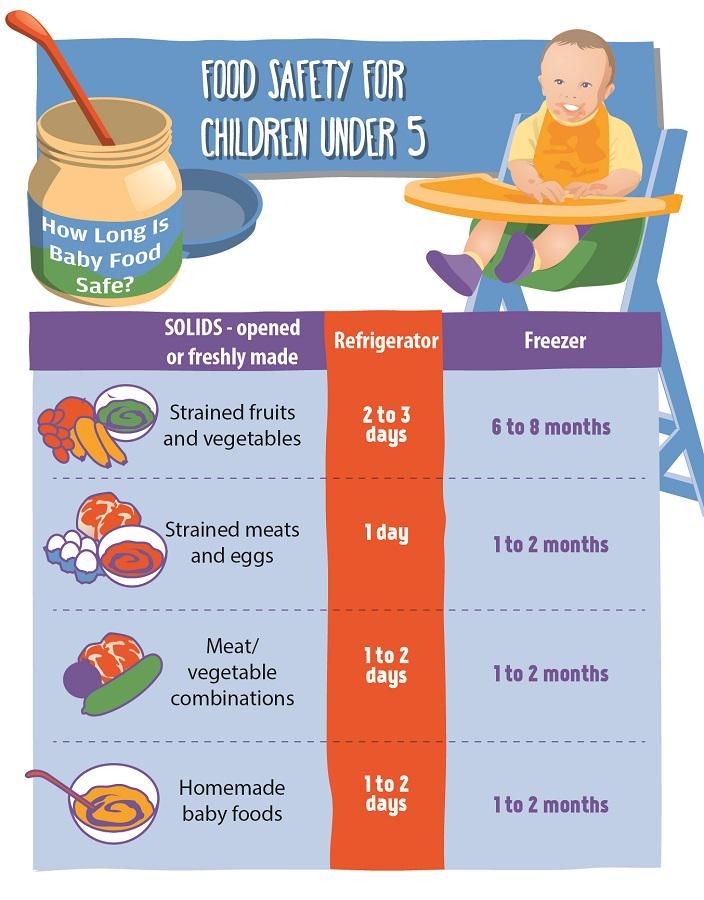
Look at the label for this Gerber baby food pouch:
Ingredients include coloring, gelatin, juice concentrates (to make it sweeter), added sugars (14g of sugar!), and many ingredients you can't even pronounce. Plus less than 1g of fiber, which is crazy considering apples and strawberries are high in fiber in their natural form.
Problem #3: Sugars
Recently, baby food has come under fire for the high levels of sugars.
These super-sugary foods and treats are setting children up to be hooked on them. A diet heavy in sugars can lead to tooth decay, obesity and other health effects.
It's a trick. You'll buy a baby food pouch that says it's "spinach, kale, and apples," but little do you know that apples are the main ingredient. Baby eats it and loves it, and you're like, "wow, this baby food is awesome! She's eating spinach and kale like you wouldn't believe!" -- but it's just full of sugar, and that's why she likes it so much.
A sneaky way companies add sugar to their baby foods is by using concentrated juices, such as pear.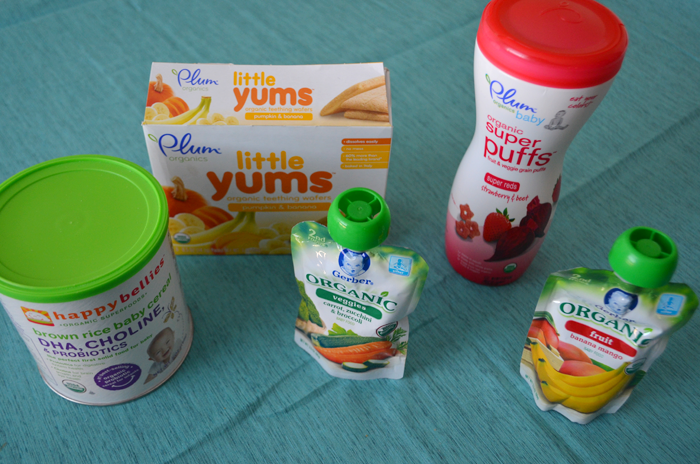 You might read the label and see "concentrated pear juice" and not think twice about it. Still, it's adding a lot of unnecessary sugar.
You might read the label and see "concentrated pear juice" and not think twice about it. Still, it's adding a lot of unnecessary sugar.
We are giving kids a sweet tooth from an early age.
A significant side-effect of giving our kids too much sugar is giving them a taste for sweet foods, which can continue as they get older.
It's essential to expose children to various tastes—sweet, sour, and bitter—so that they learn to enjoy them as they get older.
If we feed our children purees full of sugar, they might very well grow up to only appreciate sweet and sugary tastes.
Feed a variety of foods, not just fruits.
A lot of store-bought purees are essentially boiled and reduced fruits, making them concentrated in sugar. Often, manufacturers use fruits like banana and mango, which are naturally high in sugar, and when reduced, end up making for baby food that is very high in sugars.
You might be wondering: if it's fruit sugar, isn't that okay?
Unfortunately, it isn't.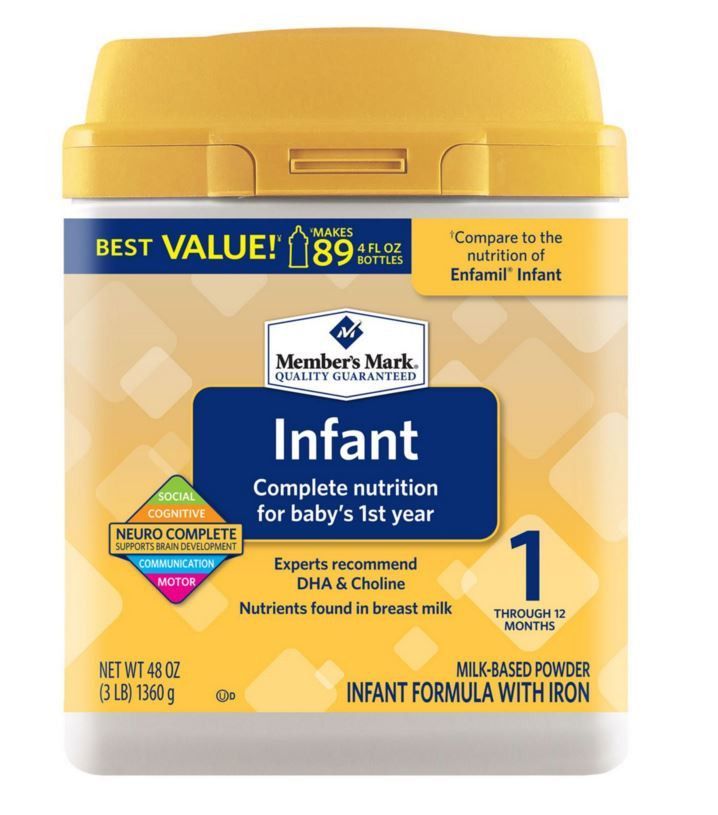
We believe that baby food should be, ideally, lower in sugar. We will indicate which foods have acceptable levels of sugar.
The Solution: A Healthy, Organic Baby Food That's Low in Sugar
Thankfully, even with the issues outlined above, it's still possible to find an outstanding, organic store-bought baby food that you can trust. There are no harmful, toxic chemicals, not loaded with sugars, and full of good, healthy nutrients that your little one needs.
To be sold as organic in the USA, baby food needs to be certified by the USDA. But there are three different certifications the USDA might give an "organic product."
Let's take a look at them.
What Do The Organic Labels on Baby Food Mean?
In the US, the USDA (United States Department of Agriculture) controls the labeling of organic products.
A product that has the USDA logo is certified organic. However, that doesn't necessarily mean that the product is 100% organic.
There are several certifications you'll find on organic foods.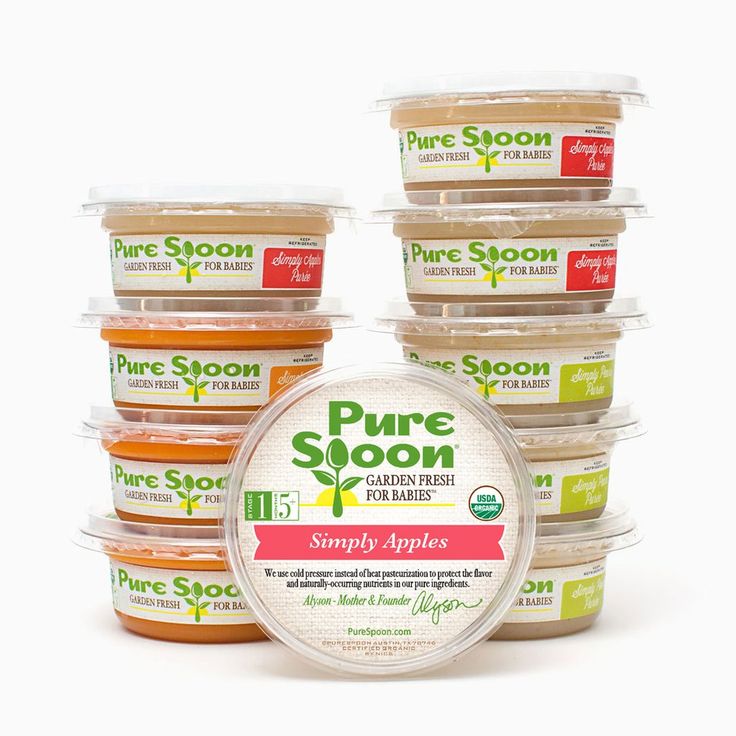 They are as follows:
They are as follows:
- 100% Organic: Completely free of all chemical fertilizers, hormones, pesticides, antibiotics and genetic modification. You won't find any baby food labeled 100% organic.
- USDA Organic: This label can be used on any product that contains at least 95% organic ingredients. The 5% non-organic ingredients must either be unavailable commercially in organic form.
- Made with Organic Ingredients: If a product is labelled "made with organic ingredients", it must contain at least 70% organic ingredients.
The Non-GMO project.
For a baby food to carry the "non-GMO Project Verified" label, the company that sells the product has both:
- Paid a fee to the Non-GMO Project.
- Had their product lab-tested to insure that the product has no genetically-modified ingredients.
However, this testing isn't perfect.
While the project does do its best, with current technologies, they can't 100% guarantee that the ingredients haven't been genetically modified. In reality, the label means that the product contains little GMO material, not that it's necessarily completely free of GMO material.
In reality, the label means that the product contains little GMO material, not that it's necessarily completely free of GMO material.
The Non-GMO Project isn't without its controversies. Many critics claim that the non-profit is preying on consumer's fears because they will certify any product as being non-GMO even if it can't possibly be genetically modified.
If you're shopping for baby food at the store and one catches your eye because it says "contains no cyanide", you might think to yourself "Wow, I had no idea that baby food could contain cyanide, I better buy this one." But in fact, none of the baby foods contain cyanide. It's the same idea with the non-GMO verification.
It's the best we have right now, and I'd definitely prefer a product with the non-GMO label over one without it.
How To Find a Healthy, Organic Baby Food
Here is some helpful criteria you should follow, that we used when making our list of the best organic baby foods:
- Low in sugar content.
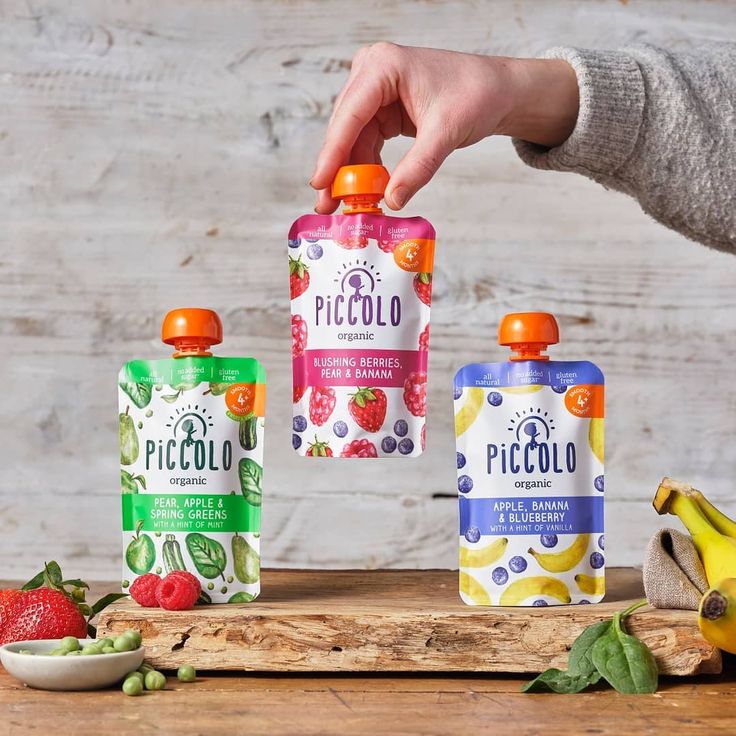 Manufacturer's love to put a ton of sugar in their products, so aim for those that have 8g or less sugar per serving.
Manufacturer's love to put a ton of sugar in their products, so aim for those that have 8g or less sugar per serving. - Avoid products that contain any ingredients that are likely to be contaminated with heavy metals. The worst offenders are those with sweet potato and carrot and we will label those that should be avoided.
- Go for non-fruit pouches. Veggie-based pouches are typically more nutrient-dense and have less sugars. Not only that but it helps your little one get used to the taste of actual vegetables.
- Beware of the labels. If a product says it's "spinach, broccoli and apple, you have to read the label. The actual main ingredient might be just apple.
- Look for the fiber. A lot of baby foods are filled with water or fillers and have very low fiber. 2g of fiber is a good place to aim for.
Making Your Own Baby Food
We would strongly recommend making your own baby food over store-bought jars or pouches.
Here's why:
- It's far cheaper.
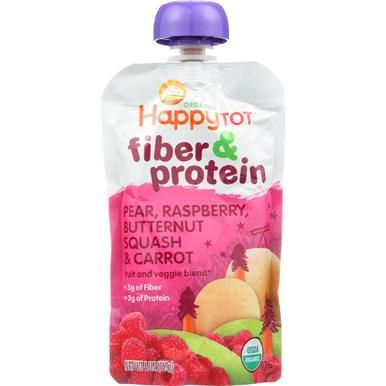 Organic baby food pouches can run as much as $5 per serving, which can really add up.
Organic baby food pouches can run as much as $5 per serving, which can really add up. - You know exactly what's going into it. It's easy to buy organic ingredients from the local grocery store, and you're probably not going to add any preservatives, right?
- Most baby purees are processed. Even if they're organic, they're still going through a process that can destroy some of the nutrients in the food.
- You can use any food you want. There are some common ingredients in packaged baby foods. If you make your own food, you can use lesser-used ingredients, like melons or meats. A wider variety of food makes for a less picky baby!
- Baby can eat the same food as the family. This not only makes for a bonding experience, but exposing them to a wider variety of foods can make them less of a picky eater as well.
- Store-bought food can be high in sugar. Because of the process they use to make the purees, which often means boiling and reducing the fruit down, it ends up being more highly concentrated with sugars.
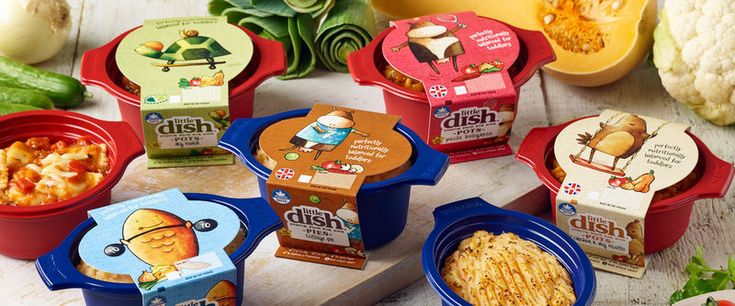 Some companies even do sneaky things like add grape juice concentrate to the mixture, making it much sweeter than it should be.
Some companies even do sneaky things like add grape juice concentrate to the mixture, making it much sweeter than it should be.
If you think it's too complex or time-consuming to make your own food, it's not. You can spend an hour or two making food and make enough for the month.
The Dirty Dozen: Foods to Avoid
What's the dirty dozen? Nope, it's not a rap group.
It's the Environmental Working Group's list of the top 12 fruits and vegetables to avoid by the amount of pesticide residue found in them.
If you decide to make your own baby food, it'd be best to avoid any of these veggies if you're not buying them 100% organic.
Apples top the list, along with peaches, celery, and potatoes. You can find the complete list here.
Keeping Baby Food Safe: Some Guidelines
There are some guidelines you should follow when handling and using your baby food.
- Pay attention to the expiry dates on food. Most baby foods, even the organic ones, have preservatives and are pasteurized to make them shelf stable.
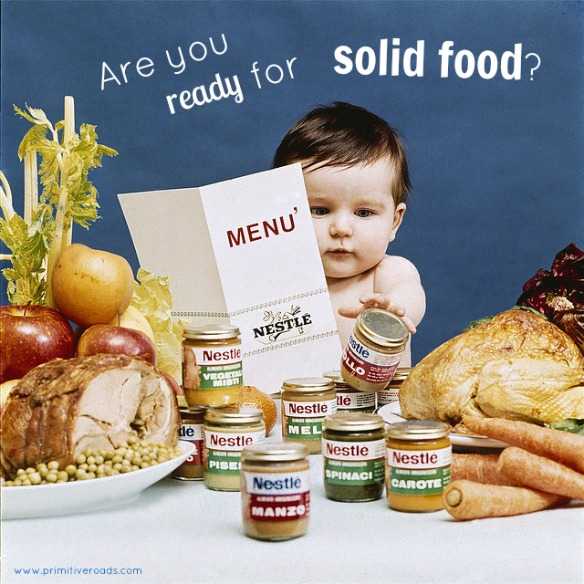 But you should still be careful. This is especially true for some of the choices on our list that don't have preservatives at all. If it looks funky or the packaging seems damaged, throw it out.
But you should still be careful. This is especially true for some of the choices on our list that don't have preservatives at all. If it looks funky or the packaging seems damaged, throw it out. - To keep things as safe as possible, throw out uneaten portions of food. It might be okay in the fridge for a few hours, but if it's going to go overnight, just toss it out. Bacteria from baby's mouth will multiply quickly in containers.
- Never feed baby any home-canned foods. These foods sometimes contain bacteria that is no problem for grown adults, but not so much for the immature immune systems of infants.
- If you make your own food and freeze it, make sure to label it properly. In general, fruit or veggie-based foods should be used within 3 months of freezing.
- If you're traveling with a baby food pouch that's opened, always keep it in a refrigerated container.
Summing It Up
It's definitely worth making sure you feed your baby organic foods, whether or not you buy them pre-made or make them yourself!
I like the idea of doing both. Make your own natural, healthy baby food while you have the time, but have premade baby food packets or jars for the times when you don't have the energy or time to make food.
Make your own natural, healthy baby food while you have the time, but have premade baby food packets or jars for the times when you don't have the energy or time to make food.
The organic baby food we recommend is
Yumi.They use organic vegetables that come from US family farms, and both the ingredients
If you want a quick recommendation for a great organic baby food brand, click here to check out Yumi, our recommended brand. Use code "BETTERGOODS50" for 50% off your first order.
I'm personally really glad that more and more moms are realizing how important it is to watch what we give our children!
Do you make your own baby food? If not, do you stick to organic food? Do you have any questions? Let me know in the comments section below!
rating of the top 10 Russian and foreign brands with reviews according to KP
Goods for children are always under special quality control. Including food. After all, food for a baby is not only a way to satisfy hunger, but also acquaintance with different tastes and a guarantee of healthy development (1).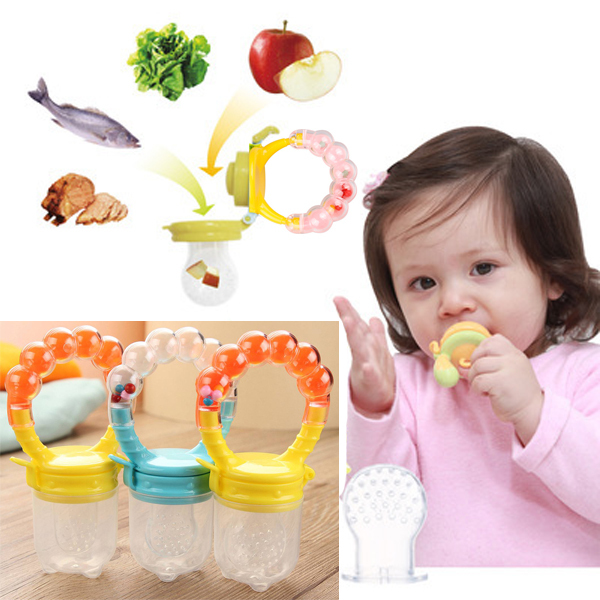 Today there are many different brands. Among them, we selected the best manufacturers of baby food, based on the reviews of parents and expert opinions.
Today there are many different brands. Among them, we selected the best manufacturers of baby food, based on the reviews of parents and expert opinions.
Rating of the top 5 Russian baby food manufacturers according to KP
There are many popular brands among Russian manufacturers of baby food. Basically, various purees, juices, cereals and dairy products are presented on the market. There are also formulas for babies, but in smaller quantities. The popularity of food is due to high quality and rather low (in comparison with foreign analogues) price.
1. "Agusha"
"Agusha". Photo: yandex.market.ru Agusha is one of the most popular manufacturers of baby food in Russia. The trademark appeared in 1992 and has a wide range of products for children of all ages. Newborns are offered powdered milk formulas, babies from 4 months - a variety of purees, sour-milk products, water, older children - ready-made cereals (both dairy and non-dairy), juices, fruit drinks, compotes and fruit bars for a snack.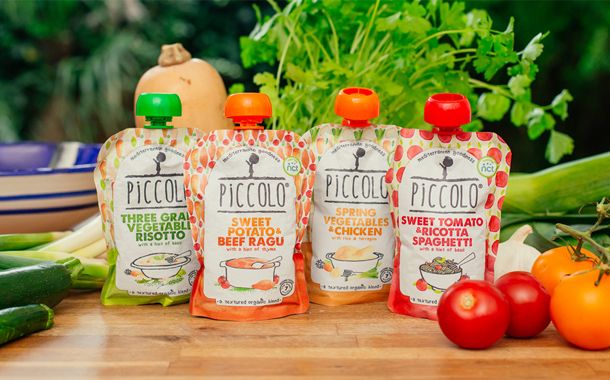
Thanks to the availability and variety of products, the manufacturer is confidently holding onto the Russian market. The safety and quality of Agushi is also confirmed by some neutral studies. For example, fruit cottage cheese, as well as kefir from this brand, received the highest rating from Roskachestvo (2, 3).
However, some parents are confused by the rather high price of certain items.
The main characteristics
| Manufacturer | Pepsico Russia | |||
| Assortment | puree, Dry Milk mixes, porridge, fruit bars | , recommended ages | C Founded | 1992 |
Pros and cons
There are mixtures in the product line; a wide range of.
High price for some items.
2. FrutoNyanya
FrutoNyanya. Photo: yandex.market.ru FrutoNyanya baby food brand products are distinguished by a wide range and wide distribution in stores. Among the products of the brand you can find: a variety of cereals (with additives in the form, for example, pieces of fruit or without them), vegetable, fruit and meat purees, water, dairy products, juices, fruit drinks and nectars, snacks. For children prone to acute reactions to certain products, a special line of hypoallergenic food is offered.
For children prone to acute reactions to certain products, a special line of hypoallergenic food is offered.
Some of the brand's products have received high ratings from Roskachestvo, for example, biocurd, buckwheat porridge (4, 5).
Nutrition from this brand is designed for both the first complementary foods and for babies after a year. The composition contains salt and sugar, which are not recommended for children under one year old.
Main characteristics
| Manufacturer | Progress |
| Assortment | purees, drinks, soups, snacks, cereals, snacks, water |
| Recommended age | from 0 months |
| Founded | 2000 |
Pros and cons
May contain allergenic ingredients (eg sugar).
3. "Grandmother's Lukoshko"
"Grandmother's Lukoshko". Photo: yandex.market.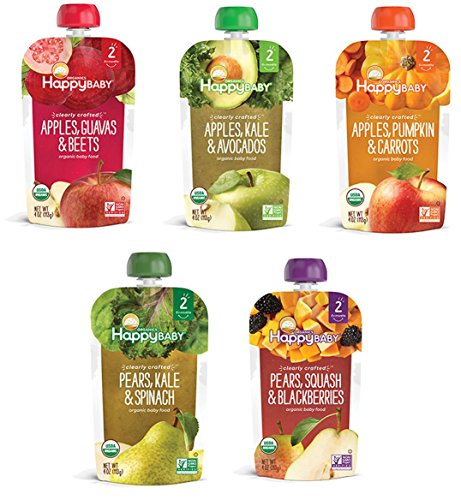 ru
ru The manufacturer has been present on the Russian market since 1999. The main product is a variety of purees, which are available in glass jars and soft packs. For example, apple puree from this brand received the highest rating from Roskachestvo in all analysis criteria and was awarded the Quality Mark (6).
For older children, prepared meals, meatballs, healthy snacks such as fruit lozenges and biscuits are available. Also, "Babushkino Lukoshko" produces children's herbal teas. Salt in some products is not always welcomed by parents.
The main characteristics
| manufacturer | "Sivma" |
| Assortment | puree, finished lunch, drinks, fruit pastures |
| Recommended age | from 4 months |
| Founded | 1999 |
Pros and cons
Relatively low price in the segment; varied products.
There may be undesirable auxiliary components in the formulation (eg salt).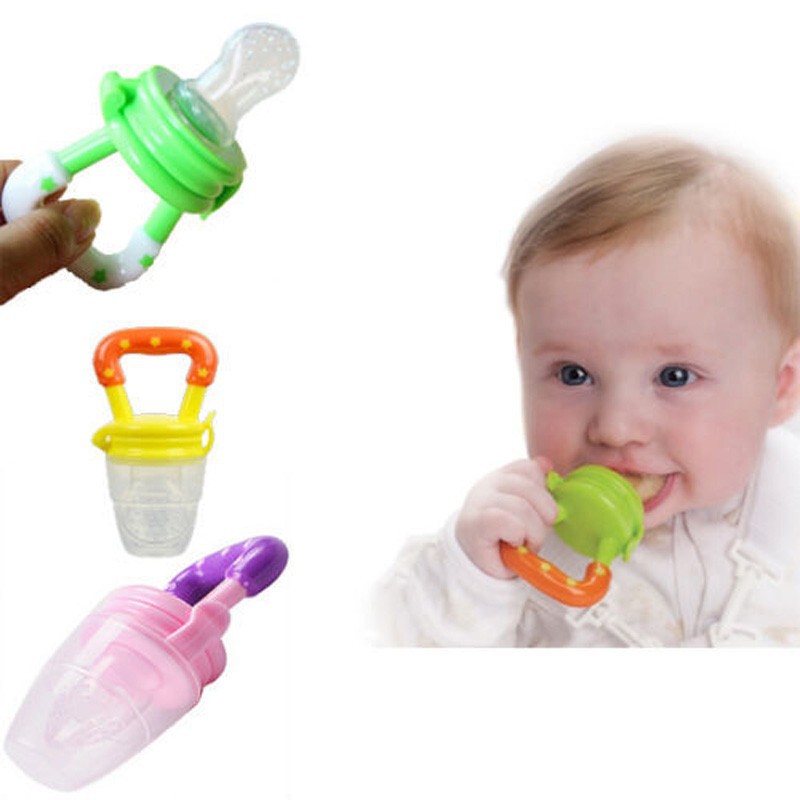
4. "Subject"
"Subject". Photo: yandex.market.ru"Theme" offers products for children from 4 months to 3 years. The assortment includes a variety of meat, fish and vegetable purees, dairy products, ready meals and juices. But fruit purees are not presented. Packaging 一 is one of the distinguishing features of the brand. Thanks to special tin cans, the products are reliably protected from sunlight, which prolongs the shelf life. Also, many products of the brand are available in non-spill packages, so it is convenient to take them with you on the road. According to the results of the research, cottage cheese and juice "Theme" received the highest rating from Roskachestvo (7, 8).
5. Diaper
Diaper. Photo: market.yandex.ruAll ingredients for production are supplied from our own farm. The manufacturer claims that thanks to this, it is possible to set fairly low prices for products.
The potential buyer is offered fruit and vegetable purees (some with cottage cheese), soups, various juices and fruit drinks, as well as water.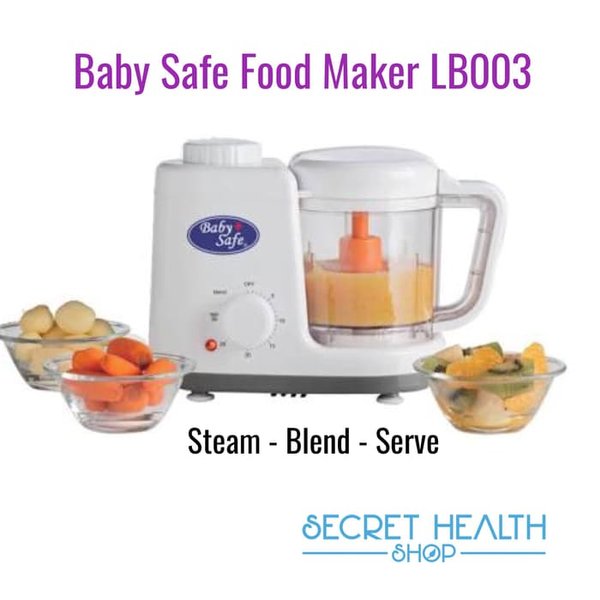 Some of the products are hypoallergenic. The composition does not contain unnecessary components: salt, sugar and preservatives. Meat and fish products are not represented in the product line.
Some of the products are hypoallergenic. The composition does not contain unnecessary components: salt, sugar and preservatives. Meat and fish products are not represented in the product line.
The main characteristics
| Manufacturer | "Gardens Podonya" | ||
| Assortment | puree, cream-soups, cereal | ||
| Recommended age | C 40 months of | ° Cite. | 2005 |
Pros and cons
Low price in the segment; simple and clear structure.
Lack of meat and fish products in the assortment.
Rating of the top 5 foreign manufacturers of baby food according to KP
There are many foreign companies that produce baby food on the Russian market. A century of history, many years of experience and a good reputation helps to supply the market with quality products, which are preferred by many parents.
1. Gerber
Gerber. Photo: yandex.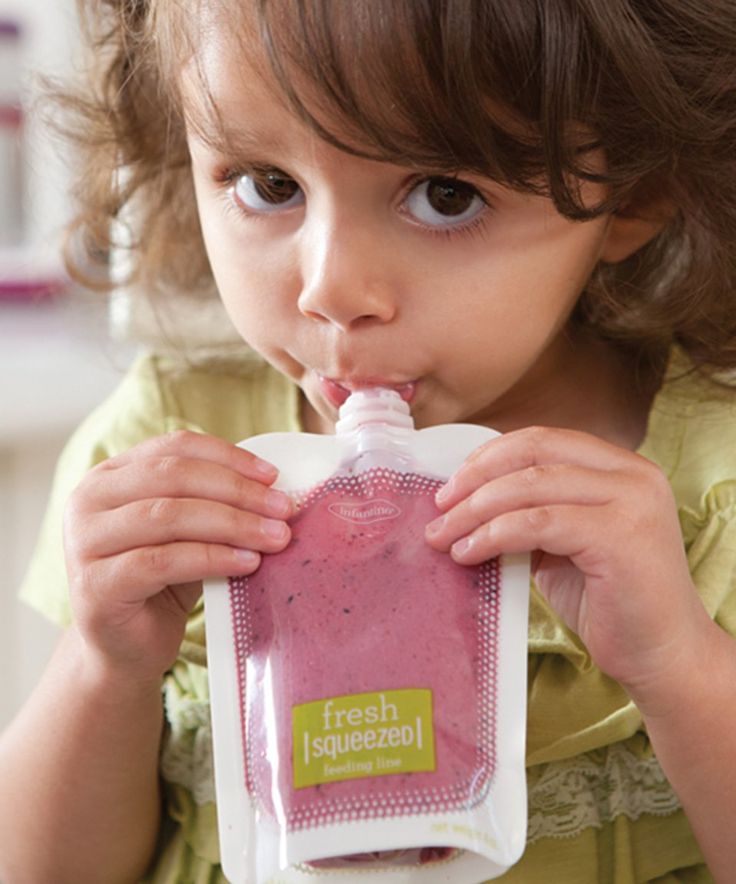 market.ru
market.ru The assortment of the American manufacturer includes products for children from 4 months. In supermarkets and online sites, you can find vegetable and fruit purees, cereals, healthy snacks, juices, and desserts (cottage cheese treats, smoothies, and others). Hypoallergenic food is also provided. For example, dairy-free buckwheat porridge of this brand is highly appreciated by Roskachestvo experts, who noted the safe composition of the product without dangerous and harmful substances, including no added sugars (9).
The manufacturer claims that the high prices are due to the corresponding quality, which is ensured by strict standards and adherence to technology.
The main characteristics
| Manufacturer | Nestle | ||||
| Assortment | puree, porridge, snacks, desserts | ||||
| Recommended | ° | from 4 months | from 4 months | СО 4 months of | from 4 months of | 0022
| Founded | 1927 |
Pros and cons
Hypoallergenic products; natural composition; high quality.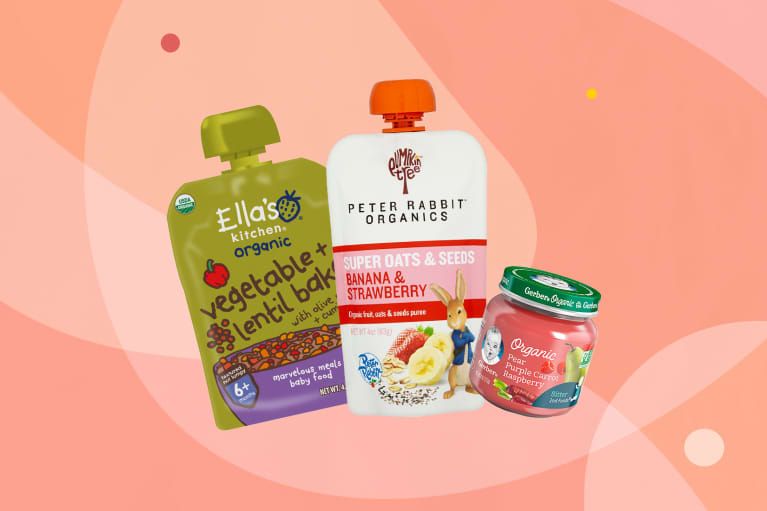
High price in the baby food segment.
2. HiPP
HiPP. Photo: yandex.market.ruGerman manufacturer's products are suitable for children from birth. Infants are offered hypoallergenic powdered milk formulas enriched with vitamins. For feeding - various purees, cream soups, cereals, and as a snack for older children - snacks and dairy desserts.
Meals are made exclusively from natural ingredients, without added sugar. The high price, according to the manufacturer, is due to the use of special technologies and high-quality products.
The main characteristics
| manufacturer | HIPP |
| Assortment | puree, cereals, drinks, snacks, dry dairy mixtures |
| Recommended age | 9 months 9 months 9 months 9.0025|
| Country of origin | Germany |
| Founded | 1957 |
Pros and cons
Natural composition; There are baby formulas in the assortment.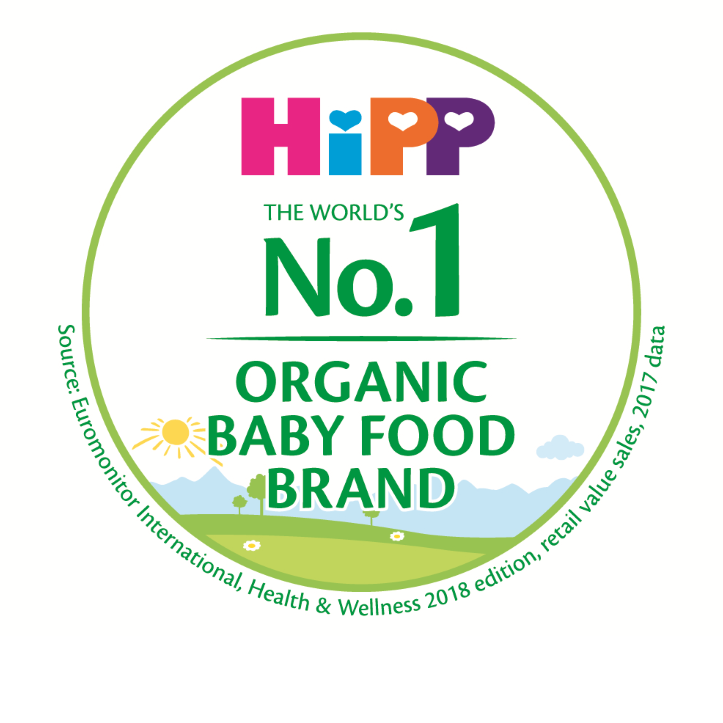
High price of products.
3. Fleur Alpine
Fleur Alpine. Photo: yandex.market.ruNatural baby food of premium quality. The range includes purees, cereals, cookies and juices - both regular and for children prone to allergies or intolerant to gluten. In addition to the usual products, the manufacturer offers olive oil (from 6 months) and sauces (from 3 years).
From time to time, the products of this brand come under the attention of experts from Roskachestvo and Roskontrol. For example, Three cereals porridge showed excellent results: a good composition with dietary fiber and no foreign impurities, the appropriate taste, color and smell (10), and buckwheat porridge meets the advanced standards of Roskachestvo, except for the increased protein content (11).
Not all products on the official website can be purchased in a regular store. However, they can be purchased on marketplaces.
High price; Not all brand products are easy to find on offline sites.
4. Semper
Semper. Photo: yandex.market.ruThe Swedish company offers a wide range of products for children of all ages. Dry milk formulas are suitable for newborns, and there are even specialized ones that are best used for constipation. Some of them are designed for babies older than six months. For crumbs older than 4 months, the manufacturer offers a variety of vegetable, meat, fish and fruit purees, cereals, juices and children's tea with vitamins. In addition to the usual products for children, there are wellings — oatmeal and multi-cereal porridges with natural additives, cookies, and meatballs.
Roskachestvo examined this brand's applesauce and, apart from its high carbohydrate content (higher than indicated on the package), found no drawbacks (12). In addition, some purees contain starch.
The main characteristics
| Manufacturer | Hero Group |
| Assortment | Dairy mixtures, puree, cereals, drinks, cookies |
| Recommended age | ° 0 months | ° 0 months0025
| Country of origin | Sweden |
| Founded | 1963 |
Pros and cons
There are mixtures in the product line interesting combinations of flavors.
High price in the segment; the presence of starch in the puree; the product according to BJU may differ from that stated on the package.
5. Heinz
Heinz. Photo: yandex.market.ruAmerican food company offers a wide range of products at affordable prices. There are fruit, vegetable and meat purees, cereals (dairy and non-dairy), soups and drinks. As a healthy snack for babies from 5 months, special cookies are suitable, and fruit and cream puddings will be a great dessert for older children. You can also find a special vermicelli that will suit crumbs from 6 months. The manufacturer's porridges received the highest rating from Roskachestvo (13). However, some products contain sugar and starch, which many parents of babies do not approve of.
The main characteristics
| Manufacturer | Heinz |
| Assortment | puree, soups, vermichel, pudding, cookies, tea |
| Recommended age | C C C 9 months .USA |
| Year of Manufacture | 1869 |
Pros and Cons
Product contains prebiotics; affordable price in the segment of baby food from foreign manufacturers.
Some products contain sugar and starch.
How to choose the right baby food
A child's menu may differ from another baby's diet, not only because of age, but also due to health conditions (for example, a tendency to constipation or a dairy allergy) and personal preferences. However, the first thing to consider is age. It’s also important to keep in mind that your baby’s diet should be free of added salt and sugar (14). Certain positions deserve some explanation.
Milk formulas
Designed for feeding babies. In fact, they are designed to become an alternative to mother's milk. For the full development of the crumbs, it is necessary that vitamins and trace elements are present in the composition.
Canned puree
Introduced from 4 months.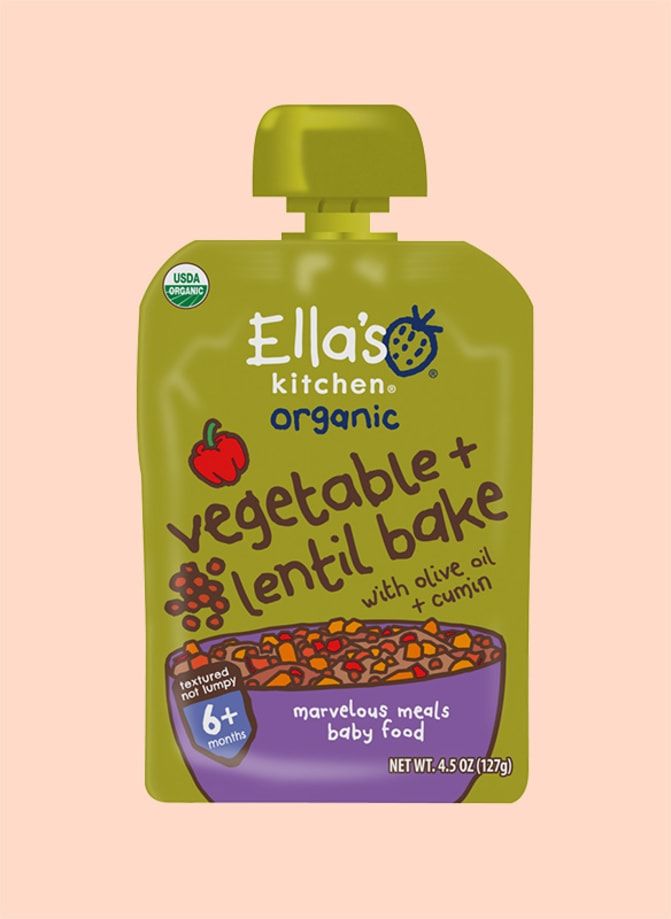 There are fruit, vegetable, meat and fish options. Combinations are also possible. For the first feeding, it is recommended to choose one-component purees from vegetables or fruits.
There are fruit, vegetable, meat and fish options. Combinations are also possible. For the first feeding, it is recommended to choose one-component purees from vegetables or fruits.
Porridges
Porridges, as well as mashed potatoes, are recommended to be offered to a baby from 4 months. Thanks to the special processing of cereals, baby porridge is easily boiled, which significantly saves cooking time.
Nectars, juices
You can give your baby juice or nectar from the age of 4 months. As long as it doesn't contain sugar. If available, it is better to wait at least up to 1 year.
Reviews of doctors about manufacturers of baby food
一 Baby food is becoming an object of special attention on the part of the state and parents, 一 says pediatrician Ekaterina Mikhaltsova . - The main advantages of industrial products and dishes are ease of use, balanced composition and minimal cooking time. However, you must strictly follow the age recommendations and cooking rules indicated on the labels.
- Dairy products and baby food in particular are complex production products where quality control is essential at all stages. Therefore, it is better to trust large manufacturers, - explains sanitary doctor Nikolai Dubinin . - It is important to pay attention to the composition and, before offering the child, taste the food yourself. In general, doctors agree that commercially produced baby food is no worse than home-cooked. And some are even better, due to supplements in the form of vitamins and trace elements.
Popular questions and answers
We answer the most common questions about baby food together with pediatrician Ekaterina Mikhaltsova and sanitary doctor, epidemiologist Nikolai Dubinin.
How to choose food for the first feeding?
Pediatricians recommend starting the first complementary foods with vegetable puree. Fruits contain a large amount of fructose, which can irritate the lining of the stomach and other organs of the gastrointestinal tract.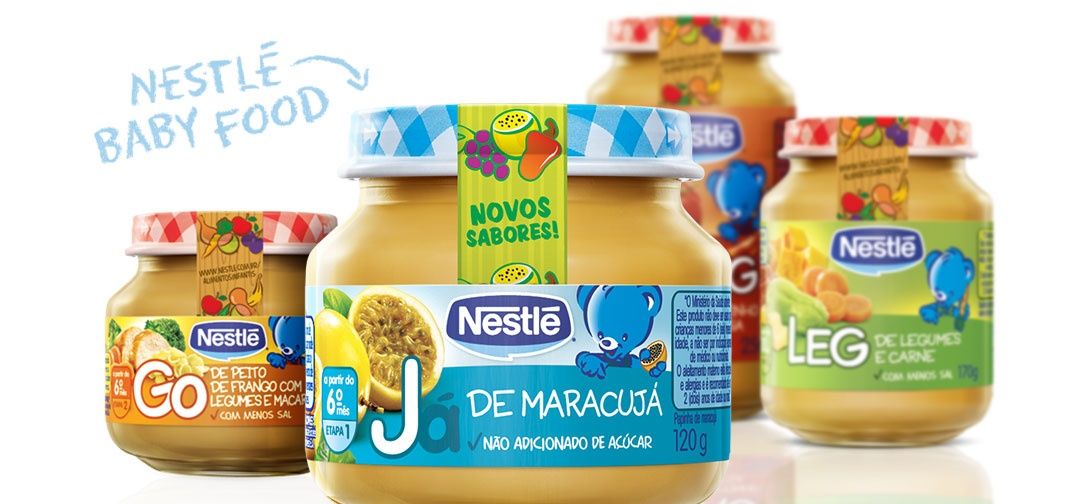 Of course, the parent himself can boil and grind vegetables to a puree-like consistency, but it is easier to purchase products in the store, since baby food is made in compliance with special technologies, taking into account all the rules and regulations.
Of course, the parent himself can boil and grind vegetables to a puree-like consistency, but it is easier to purchase products in the store, since baby food is made in compliance with special technologies, taking into account all the rules and regulations.
Another question is how to choose a brand among such a variety of baby foods. The best solution is to stick with a well-known brand. Large companies care about their reputation, and therefore strictly follow all established quality standards and do not violate production technology.
The next step is to study the information on the label, make sure the quality, evaluate the following indicators:
• Natural composition. Preservatives, salt, sugar and other ingredients should not be present in the composition (at least in products for children under 1 year old).
• Consistency (grinding quality). A good puree should be smooth and without lumps.
• Multi or single ingredient . The first puree should contain only one ingredient. The child should get used to a certain vegetable, after which it will be possible to introduce others, adding each one in turn, so that the baby gets used to everything individually.
The first puree should contain only one ingredient. The child should get used to a certain vegetable, after which it will be possible to introduce others, adding each one in turn, so that the baby gets used to everything individually.
• Hypoallergenic product. Formula must not contain ingredients that can cause an allergic reaction.
• Package integrity . It is important to inspect the container in detail for dents, scratches or cracks (chips). Tightness must be observed. Don't forget to check the production date.
• Appropriate for the age of the child . The age for which this or that product is designed is usually indicated on the packaging in compliance with the recommendations of pediatricians.
When all these factors are taken into account, it can be said that the product is really suitable for the child and will not cause side effects (15).
Which of the Russian manufacturers should I pay attention to?
Baby food brand Agusha has been producing products for over 30 years.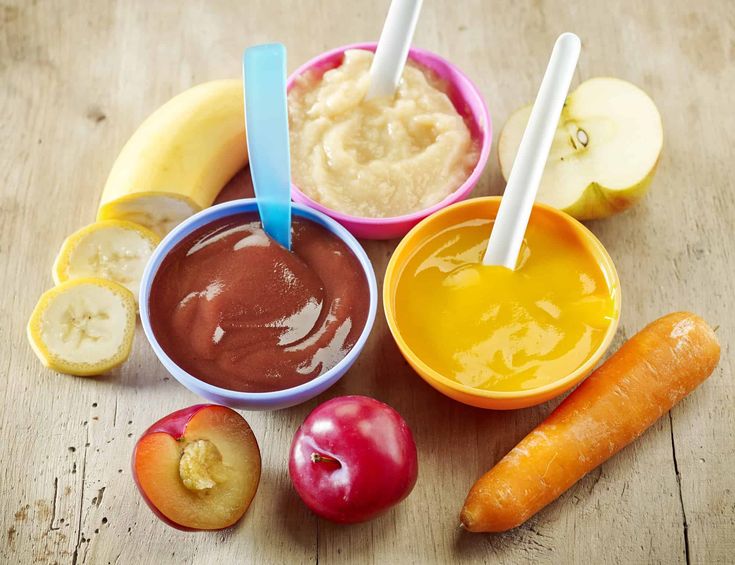 The assortment has everything you need for a complete diet for kids: dairy products, cereals, fruit, vegetable and meat purees, juices and compotes. The company produces safe, hypoallergenic, complete nutrition for children of all ages. High-quality substitutes for breast milk and subsequent complementary foods are also produced. It is also recommended to pay attention to the manufacturers "FrutoNyanya" and "Theme".
The assortment has everything you need for a complete diet for kids: dairy products, cereals, fruit, vegetable and meat purees, juices and compotes. The company produces safe, hypoallergenic, complete nutrition for children of all ages. High-quality substitutes for breast milk and subsequent complementary foods are also produced. It is also recommended to pay attention to the manufacturers "FrutoNyanya" and "Theme".
What composition should healthy baby food contain?
When choosing puree in jars, pay attention to the composition. The ingredients should be natural, a good option (especially for younger kids) if the puree is a one-component puree - a fruit or vegetable plus water. Please note that the product does not contain salt, flour, starch, dyes and preservatives, and is not too diluted with water. The vegetable itself may contain starch, but its additional additives are very undesirable.
Sources
- Once again about baby food.
 Ladodo K. S. 2003.
Ladodo K. S. 2003. - Roskachestvo rating. Children's cottage cheese "Agusha". URL: https://rskrf.ru/goods/tvorog-detskiy-fruktovyy-agusha-multifruktovyy-s-massovoy-doley-zhira-3-9/
- Roskachestvo rating. Children's kefir "Agusha". URL: https://rskrf.ru/goods/kefir-agusha-s-massovoy-doley-zhira-3-2-dlya-pitaniya-detey-starshe-8-mesyatsev/
- Roskachestvo rating. Biocurd "FrutoNyanya". URL: https://rskrf.ru/goods/biotvorog-frutonyanya-yabloko-obogashchennyy-vitaminom-d3-s-massovoy-doley-zhira-4-2-dlya-pitaniya-d/
- Roskachestvo rating. Buckwheat porridge "FrutoNyanya". URL: https://rskrf.ru/goods/frutonyanya-pervyy-vybor-grechnevaya-kasha/
- Roskachestvo rating. Apple puree "Babushkino Lukoshko" URL: https://rskrf.ru/goods/pyure-fruktovoe-gomogenizirovannoe-sterilizovannoe-dlya-pitaniya-detey-rannego-vozrasta-s-4-mesyatse/
- Roskachestvo rating. Biocurd "Theme". URL: https://rskrf.ru/goods/biotvorog-tyema-obogashchennyy-bifidobakteriyami-s-grushey-dlya-detskogo-pitaniya-massovaya-dolya-zh/
- Roskachestvo rating.
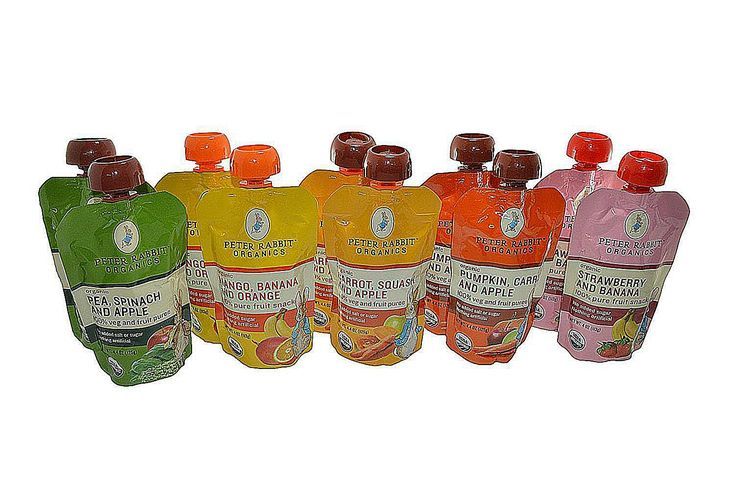 Apple juice "Theme". URL: https://rskrf.ru/goods/sok-yablochnyy-vostanovlennyy-osvetlennyy-dlya-detskogo-pitaniya/
Apple juice "Theme". URL: https://rskrf.ru/goods/sok-yablochnyy-vostanovlennyy-osvetlennyy-dlya-detskogo-pitaniya/ - Roskachestvo rating. Buckwheat porridge Gerber. URL: https://rskrf.ru/goods/bezmolochnaya-kasha-gerber-grechnevaya/
- Roskachestvo rating. Porridge "Three cereals" Fleur Alpine. URL: https://rskrf.ru/goods/kasha-fleur-alpine-tri-zlaka-/
- Roskachestvo rating. Buckwheat porridge Fleur Alpine. URL: https://rskrf.ru/goods/kasha-grechnevaya-gipoallergennaya-fleur-alpine/
- Roskachestvo rating. Applesauce Semper. URL: https://rskrf.ru/goods/pyure-iz-yablok-fruktovoe-sterilizovannoe-dlya-detskogo-pitaniya-s-4-mesyatsev-semper/
- Roskachestvo rating. Buckwheat porridge Heinz. URL: https://rskrf.ru/goods/grechnevaya-kashka-heinz-bezmolochnaya-nizkoallergennaya/
- Baby food safety. Zakharova I.N., Aisanova M.R. 2019.
- Classification of baby food products, requirements for their quality and safety. Georgieva O.V., Pyrieva E.
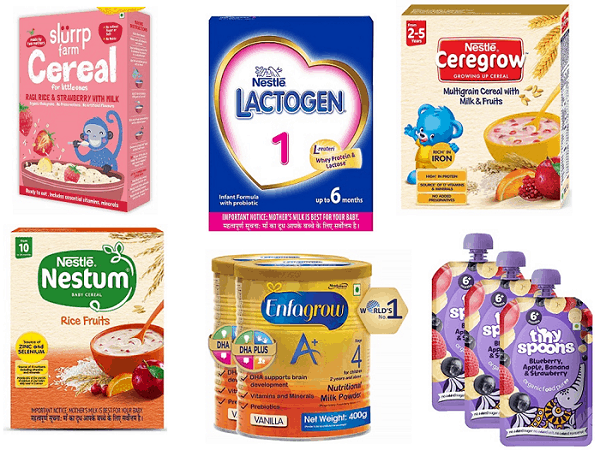 A., Kon I.Ya. 2018.
A., Kon I.Ya. 2018.
TOP-10 best baby food manufacturers
How to choose a baby food manufacturer
Quality nutrition is the key to your child's health and the formation of proper eating habits. Therefore, when choosing a manufacturer, pay attention to the following criteria:
- Price category. In pursuit of quality, parents choose the most expensive products for their baby, forgetting that the demand for them will only grow every month. Therefore, it is important to choose the best price for you, which you are willing to pay daily.
- Country of manufacture. The quality of the goods produced depends on the country in which the products for the preparation of baby food are grown. And also in different countries there are different quality control and acceptable standards for the content of a particular substance. Technical capabilities also play an important role in production, for example, not all domestic manufacturers are able to produce medical nutrition and formula.
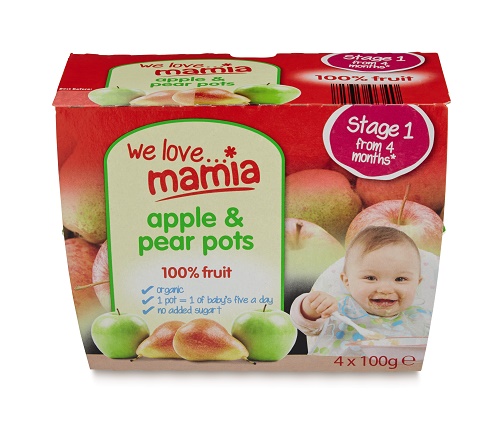
- Assortment. It is important that the brand's product line contains as many products as possible. Since the positive reaction of the child's body to a certain product indicates that it will be the same for all the others. And a large selection will not force you to look for another good manufacturer, because baby food is designed for children from birth to three years.
- Foundation time. The duration of a company's existence on the market testifies to the quality of its products. Consumer loyalty is earned over the years. Therefore, brands with a worldwide reputation are more trusted.
In order to help you make the right choice, we have prepared for you a review of the best baby food brands, both foreign and domestic. And to make a comparison and choose the best one from them, everyone should be on their own.
Useful selections
Frequently Asked Questions
Is it obligatory to feed the child with products of the same brand?
No, not necessarily.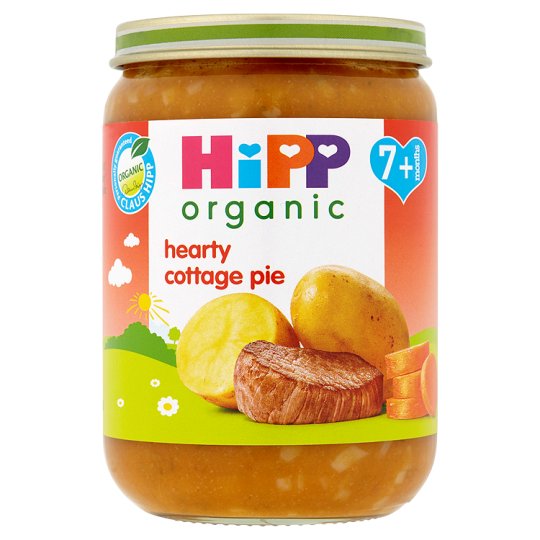 But choosing products from the range of the same manufacturer, you reduce the risk of allergies and other side effects. If your baby has come up with the nutrition of a certain brand, then you should not experiment with others.
But choosing products from the range of the same manufacturer, you reduce the risk of allergies and other side effects. If your baby has come up with the nutrition of a certain brand, then you should not experiment with others.
Why is industrial food better than homemade food?
The quality of the original products is subject to strict control in production, and you can only be sure of the quality of a homemade product if you have grown it yourself. Also, the production complies with the norms of the content of useful substances in the product. For example, pure milk is not used, it is split into components, removing excess fat and some proteins.
Another advantage of factory-made products is that regardless of the season, your child's diet will be varied. And many of the goods that the baby needs cannot be prepared at home.
What raw materials do manufacturers use?
Most brands of baby food work with suppliers of various raw materials, and do not grow themselves.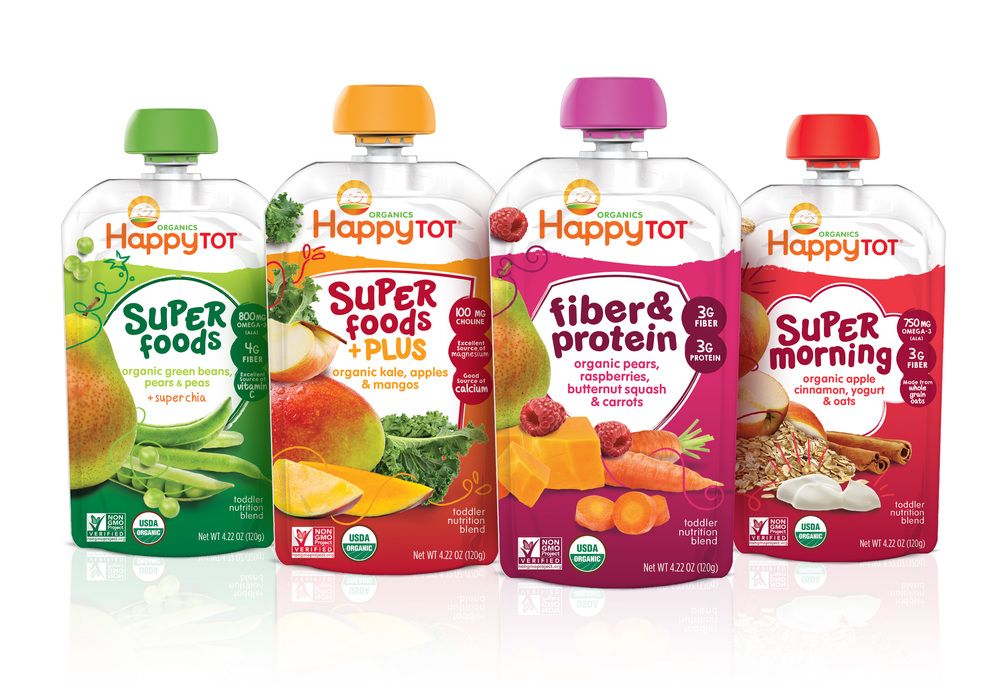 Some companies claim to control the process of planting and growing fruits and vegetables at suppliers. They also request a soil sample for self-checking.
Some companies claim to control the process of planting and growing fruits and vegetables at suppliers. They also request a soil sample for self-checking.
But be that as it may, the products entering the production undergo a thorough control for GMOs, antibiotics and other impurities. The quality of products is monitored not only by the company itself, but also by Rospotrebnadzor. Goods entering Russia from abroad are also controlled for compliance with the standards for the content of individual components adopted in the country.
Ask your question
Rating of baby food manufacturers
10. Kabrita
- Goat milk products
- Country: Holland
- Rating (2021): 8
Kabrita products belong to the premium segment. It appeared on the Russian market recently, only 8 years ago, but is already among the top brands. The range of the company is small. All products are made on the basis of an adapted milk formula from goat's milk and are presented in three categories: mixtures, cereals and purees.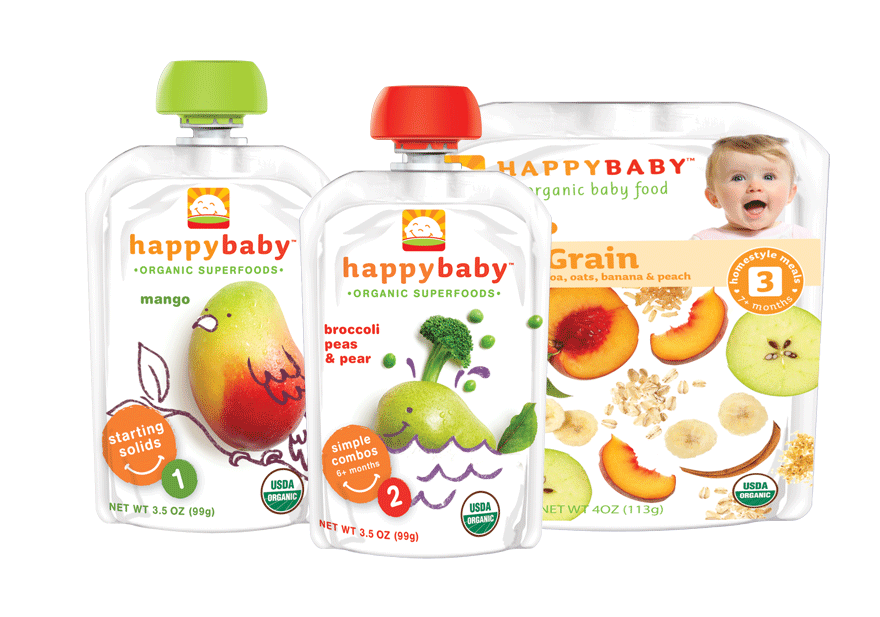 Suitable for children from birth, as well as for newborns allergic to cow's milk protein. Buyers note a soft creamy taste that kids really like.
Suitable for children from birth, as well as for newborns allergic to cow's milk protein. Buyers note a soft creamy taste that kids really like.
- Advantages
- Goat milk
- Natural ingredients
- Hypoallergenic
- Suitable for children from birth
- Flaws
- Price
- Assortment
- No fermented milk products
9. Gerber
- Best snacks for kids (bars and snacks)
- USA
- 0541
American manufacturer, on the market for almost 100 years. Deservedly has good reviews from moms around the world. The company's products are represented on the Russian market by more than 80 items. These include cereals, various purees, juices, cookies, bars and snacks. The company does not produce mixtures, which means that the products are only suitable for children who are ready for the first feeding. The main assortment of this brand is canned mashed potatoes, there are no problems with the choice, but you will have to look for other products.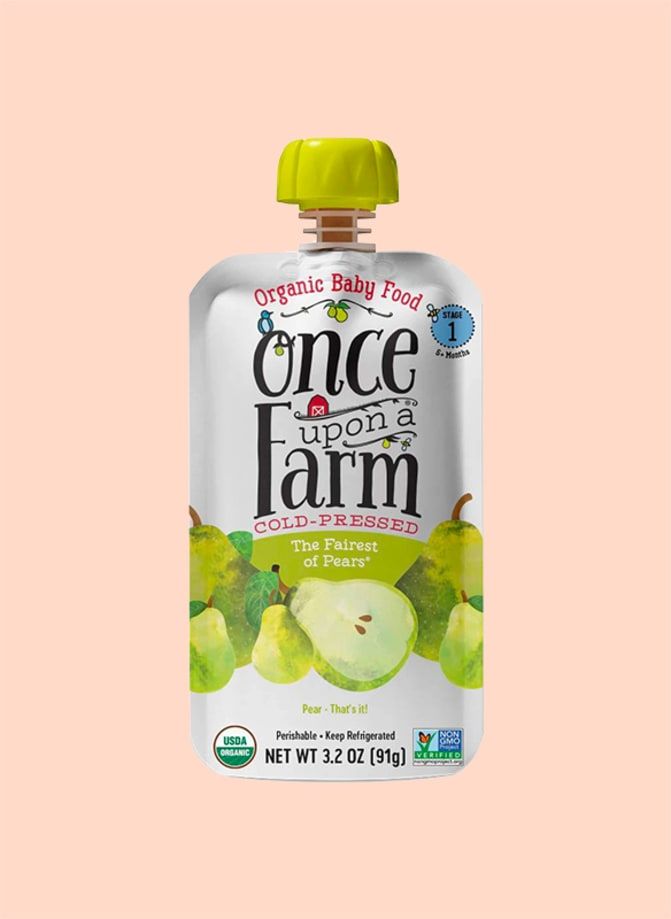 This is especially true for wheat-oat snacks and rice-wheat stars, which are a feature of the brand.
This is especially true for wheat-oat snacks and rice-wheat stars, which are a feature of the brand.
- Advantages
- Snacks
- "clean" composition
- Vitamins and minerals in the composition
- Hypoallergenic products
- Flaws
- Price
- No fermented milk products and formula
- Not always available in the store
8. Tyoma
- The best baby milk food manufacturer in Russia
- Country: Russia
- Rating (2021): 8.5
Since 1999, the Russian manufacturer has been producing baby food for children from six months. The main specialization of the company is dairy products: cottage cheese, biolact, milk porridge, baby milk and yogurt. The range also includes juices, fruit and vegetable purees, meat and vegetable purees. The company does not use glass jars. Meat purees are packed in cans, which extends their shelf life, and the rest of the purees are sold in pouches, which are convenient to take with you.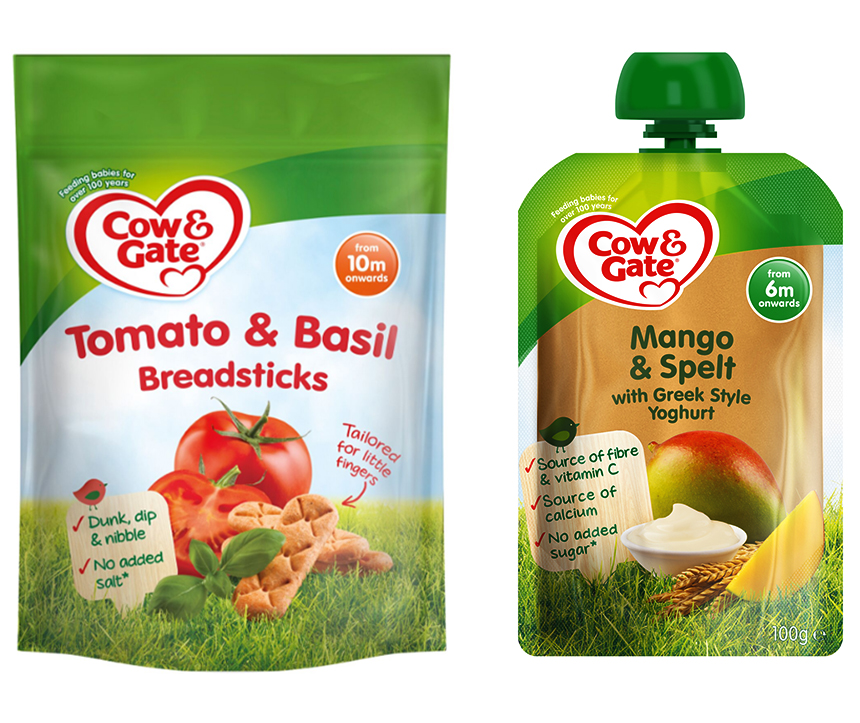
- Advantages
- Price
- Assortment of fermented milk products
- Packaging
- Quality raw materials
- Flaws
- No formula and cereals
- Small range
- Not suitable for children from birth
7. Heinz
- The best assortment of cereals
- Country: USA
- Rating (2021): 8.5
The Heinz brand is represented on the Russian market by the following products: cereals, puree, vermicelli, biscuits, tea, puddings. Among all manufacturers, the brand has the most diverse range of cereals: dairy, whole grain, low-allergenic, dairy-free, vegetable, drinkable, multicomponent and for grown-up children. The latter are distinguished by a larger grinding that needs to be boiled, which helps the child move from baby food to the general table. The product line also includes meat and fish dishes.
- Advantages
- Budget brand
- Assortment
- Ready meals
- Products for older babies
- Flaws
- No mixture
- No fermented milk products
- Sugar often found in the composition
6.
 Nutricia
Nutricia - Best baby formula manufacturer
- Country: Holland
- Rating (2021): 8.5
Multi-brand manufacturer includes such brands as: Nutrilon, Malyutka, Malysh and Nutricia. The company specializes in the production of canned milk formulas of various price categories and a wide range of applications. For example, hypoallergenic, sour-milk, lactose-free, anti-reflux and many others. The company also produces cereals, vegetable and fruit purees.
- Advantages
- Variety
- Assortment
- Suitable for babies from birth
- Hypoallergenic
- Flaws
- Small product line
- No ready meals
- No dairy products
5. Agusha
- The widest range
- Country: Russia
- Rating (2021): 9
A Russian manufacturer that has been presenting its products on the market for almost 40 years.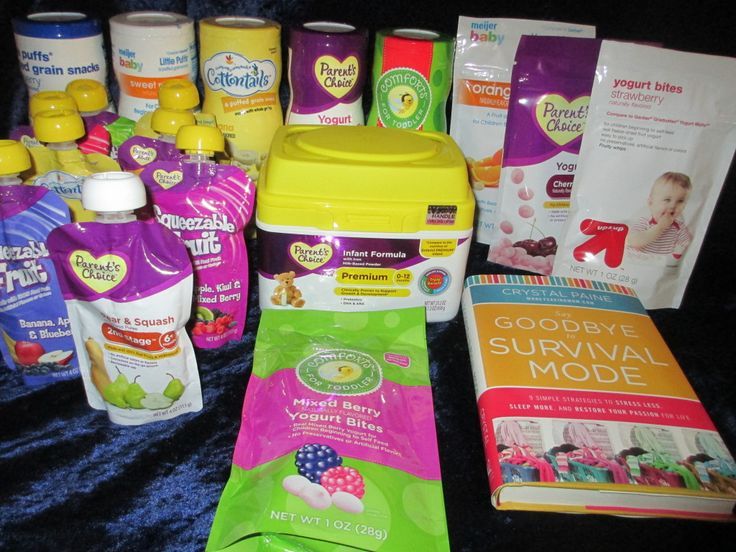 Under the Agusha brand, the widest range of baby food is produced, with the exception of powdered milk mixtures and ready meals. Not so long ago, mini breads and fruit bars appeared on the market, intended for a snack for children older than a year. There is also a new triangular packaging with a tube for fruit and berry purees. Among fermented milk products, fermented baked milk can be distinguished, which is not available from other manufacturers.
Under the Agusha brand, the widest range of baby food is produced, with the exception of powdered milk mixtures and ready meals. Not so long ago, mini breads and fruit bars appeared on the market, intended for a snack for children older than a year. There is also a new triangular packaging with a tube for fruit and berry purees. Among fermented milk products, fermented baked milk can be distinguished, which is not available from other manufacturers.
- Advantages
- Inexpensive
- Assortment
- Baby products
- Packaging
- Flaws
- No mix
- No ready meals
- Ingredients not always perfect
4. Frutonyanya
- The best Russian manufacturer, price/quality ratio
- Country: Russia
- Rating (2021): 9
The company is the leader of the domestic baby food market. A wide range of products includes more than 250 items, with the exception of milk formula. All taste components included in the nutrition are familiar to the Russian consumer. From ready meals, the manufacturer offers soups and liquid cereals, and from fermented milk products - baby milk, biolact, cocktails, yogurt and cottage cheese. Among the line of meat products stand out meat purees "Halal" that meet the standards of Islam. There is dry food, but not much, mostly porridge.
All taste components included in the nutrition are familiar to the Russian consumer. From ready meals, the manufacturer offers soups and liquid cereals, and from fermented milk products - baby milk, biolact, cocktails, yogurt and cottage cheese. Among the line of meat products stand out meat purees "Halal" that meet the standards of Islam. There is dry food, but not much, mostly porridge.
- Advantages
- Wide range
- Value for money
- Ready meals
- Dairy products available
- Flaws
- No mix
- Not always perfect composition
- Not suitable for children from birth
3. Fleur Alpine
- Producer of cereals based on goat and cow milk
- Country: Germany
- Rating (2021): 9.5
The company has been presenting its products on the market since 2008. The natural composition of products involves the preservation of the natural content of vitamins and trace elements in the product.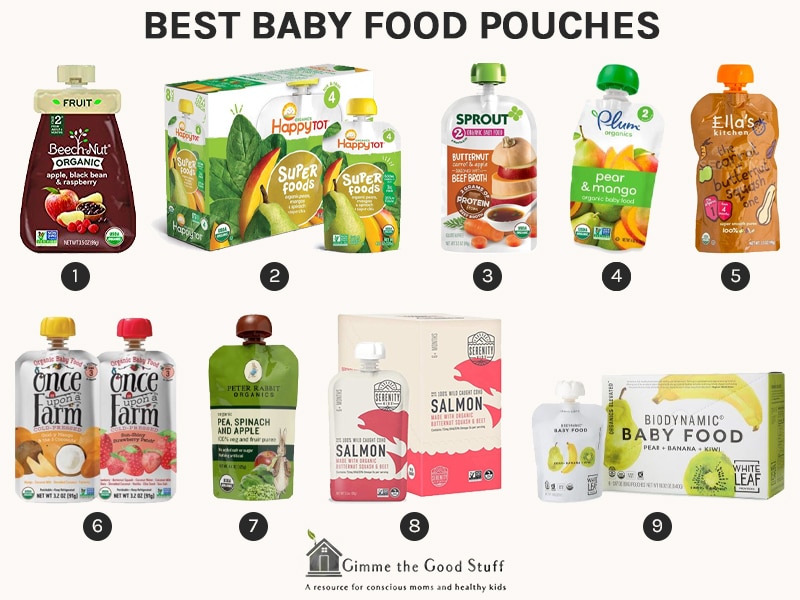 The company's product selection, in addition to cereals and purees, includes cookies, bars, crackers, drinks, pasta and, notably, butter. I would also like to note that cereals are made on cow, goat and with no milk. Many products are suitable for children only from the age of three, for example, pomegranate juice and chocolate chip cookies.
The company's product selection, in addition to cereals and purees, includes cookies, bars, crackers, drinks, pasta and, notably, butter. I would also like to note that cereals are made on cow, goat and with no milk. Many products are suitable for children only from the age of three, for example, pomegranate juice and chocolate chip cookies.
- Advantages
- Natural composition
- Assortment
- Producer of cereals based on goat and cow milk
- Baby oil
- Flaws
- Price
- No dairy products
- No formulas
2. Semper
- "Adult" dishes for baby food
- Country: Sweden
- Rating (2021): 10
The Swedish premium manufacturer Semper has been present on the Russian market for 20 years. During this time, the brand has earned loyalty and trust from customers. The company is included in the list of the most popular manufacturers of baby food in the world.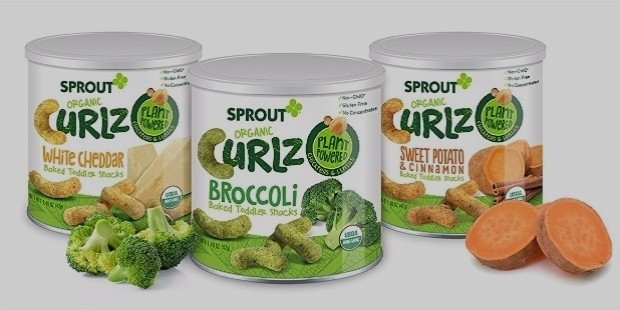 Products are presented for both newborns and older children. The manufacturer does not offer the most diverse menu that is familiar to the Russian consumer.
Products are presented for both newborns and older children. The manufacturer does not offer the most diverse menu that is familiar to the Russian consumer.
On the other hand, the assortment contains components and even individual dishes that you will not find in other companies. For example, among the individual components - orange, strawberry, mango, and among the dishes - spaghetti bolognese, Italian pasta with trout and all kinds of stews. Also presented is an exclusively Swedish product - walling.
- Advantages
- Ready Meals
- Best Ingredients
- Rare Ingredients
- All Ages
- Flaws
- Price
- There are no fermented milk products in the assortment
- Not available everywhere
1. Hipp
- Best foreign brand, strict quality control from soil to finished product
- Country: Germany
- Rating (2021): 10
The German company, founded in 1899, first introduced the concept of "organic" in relation to baby food.